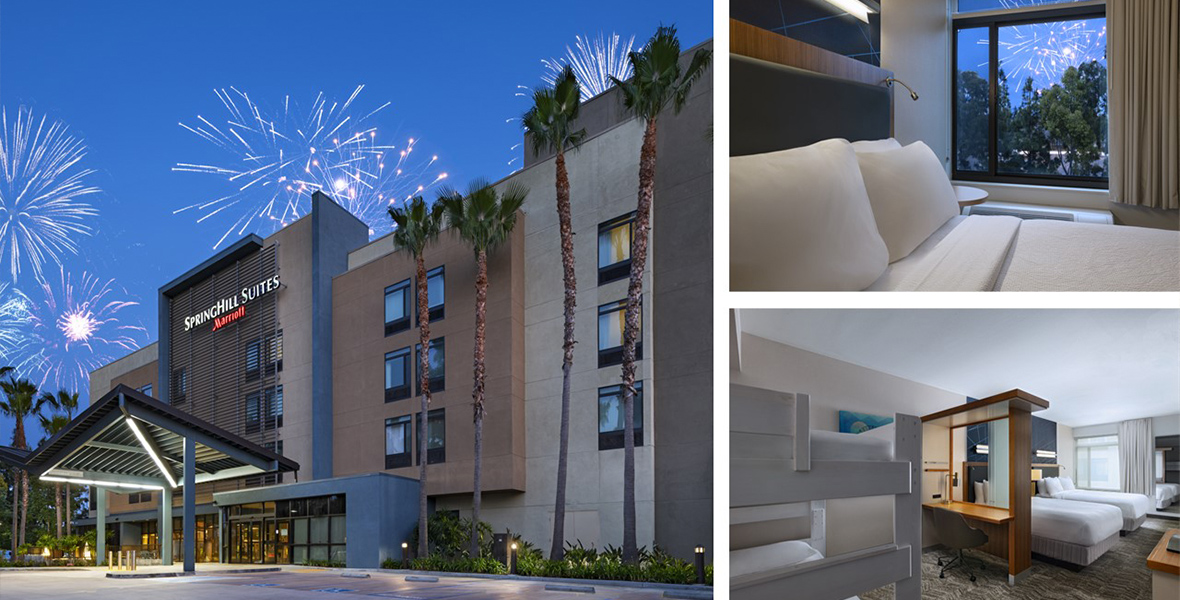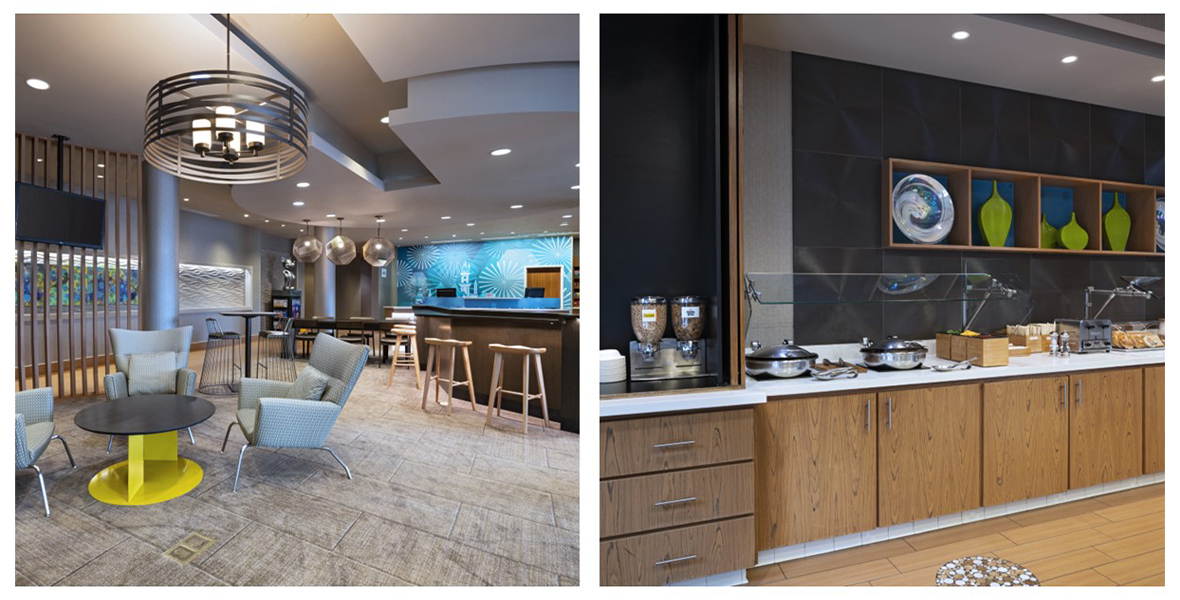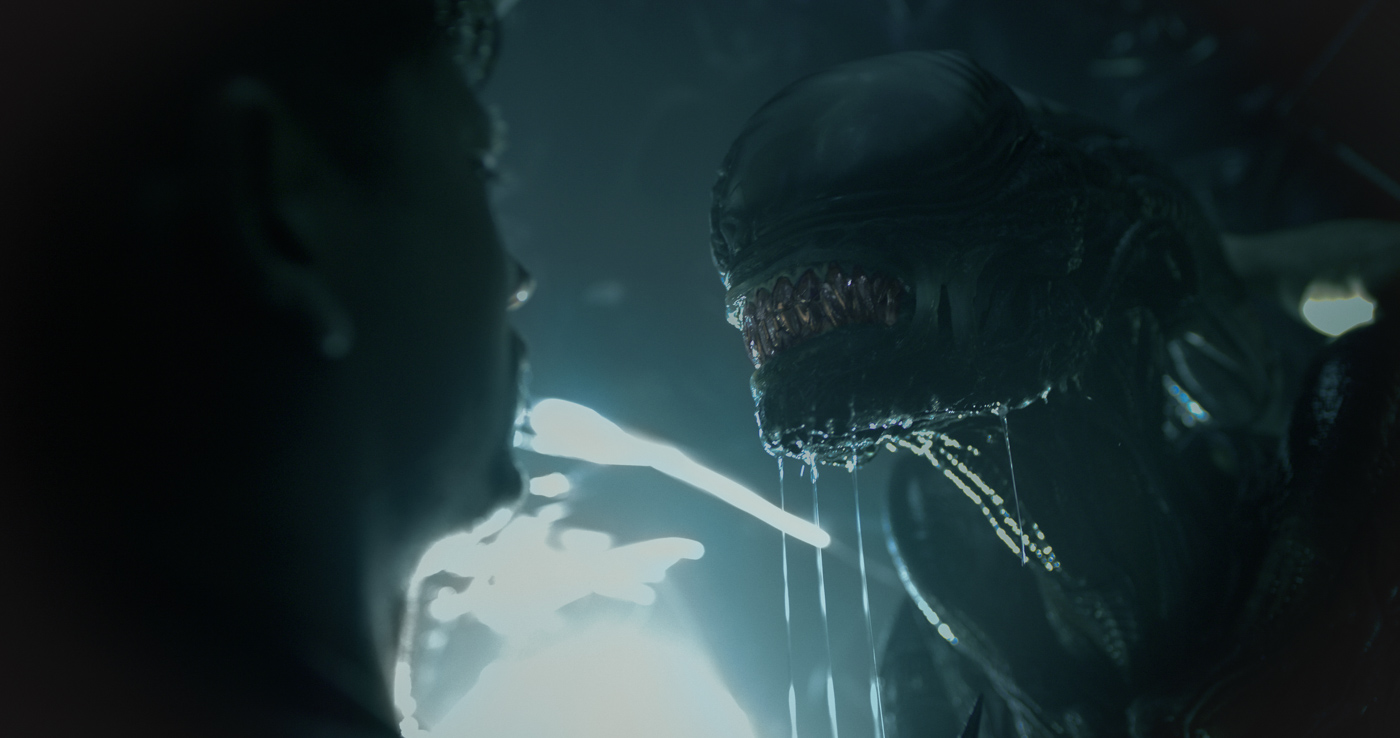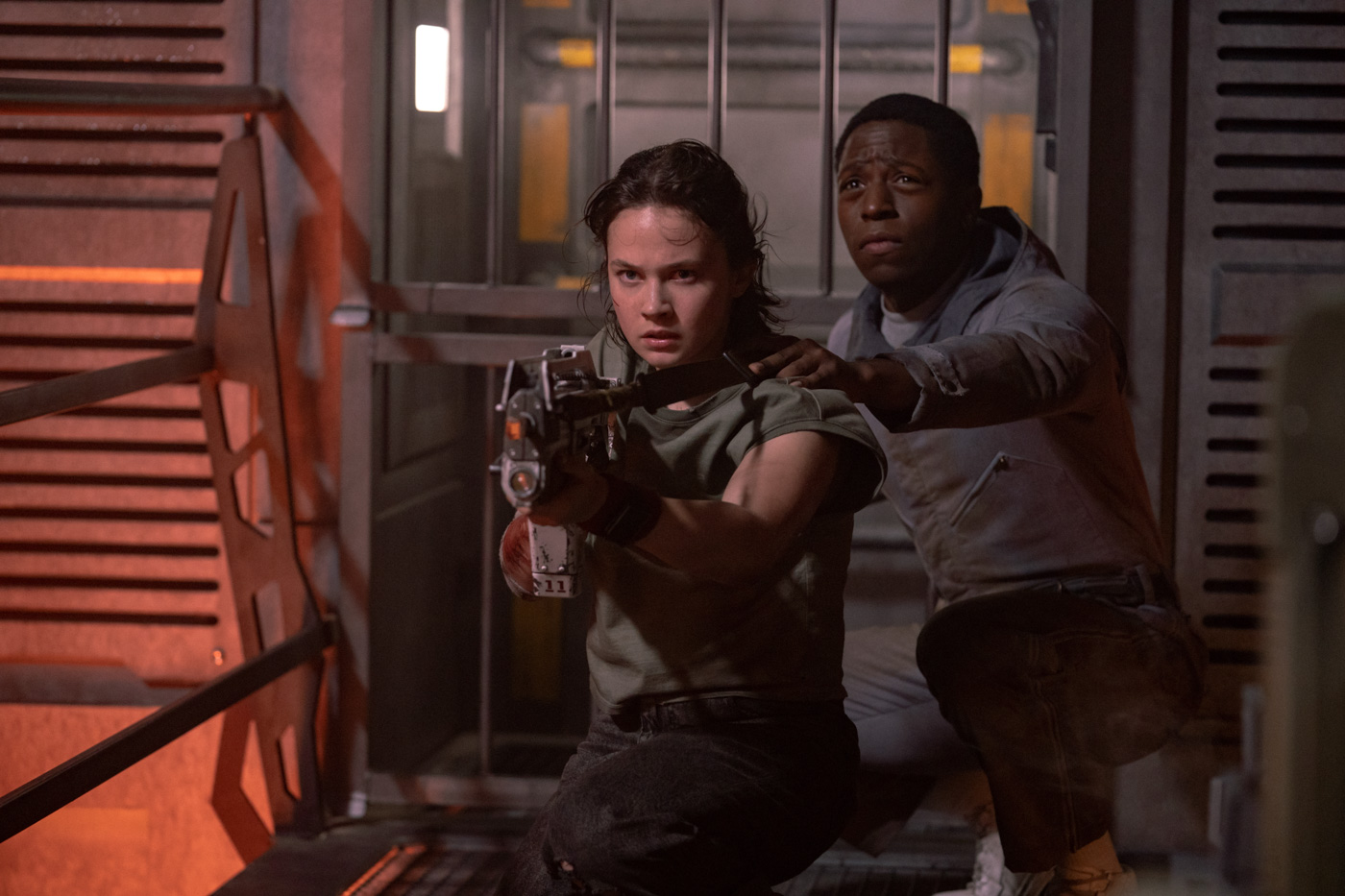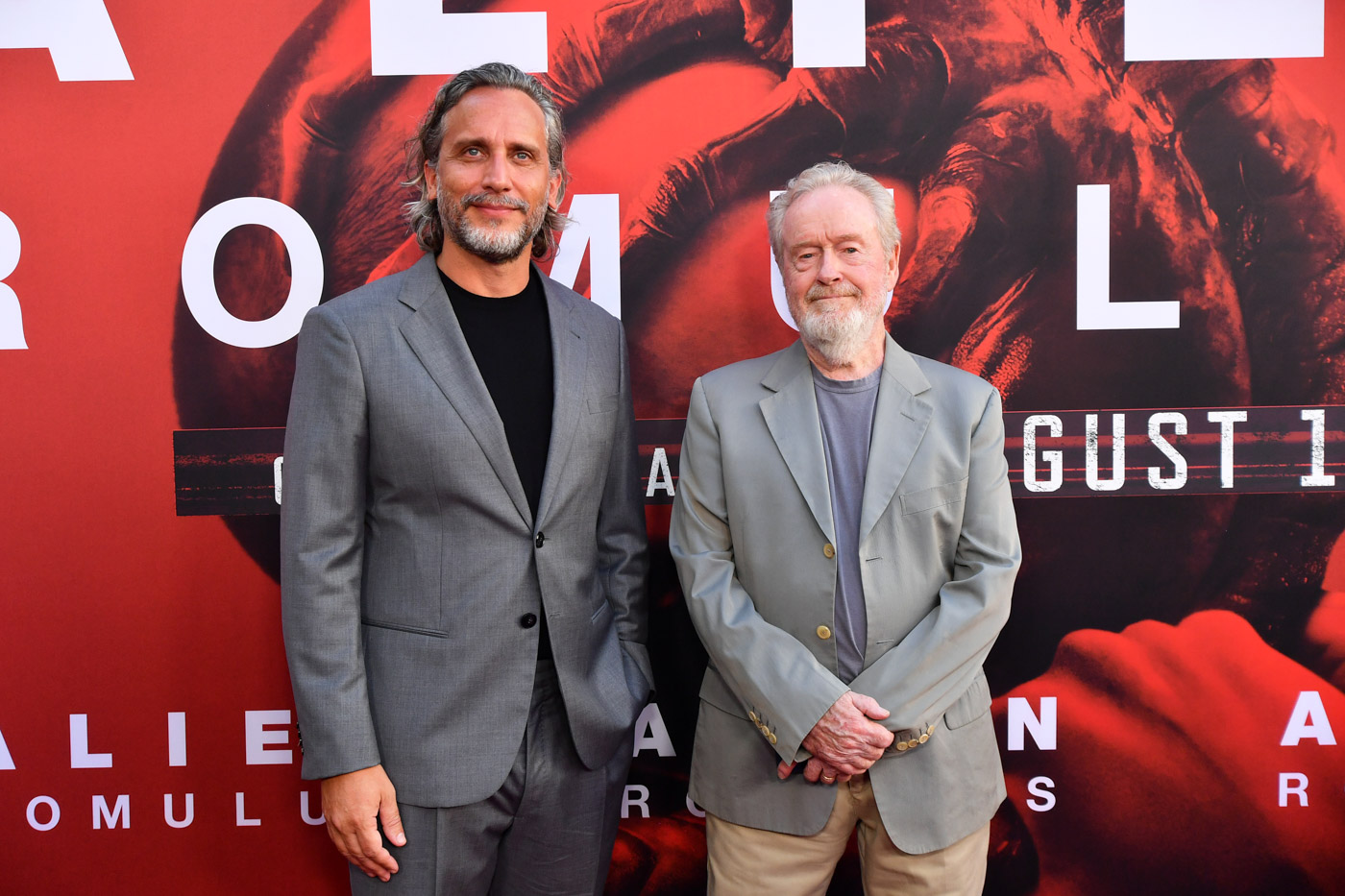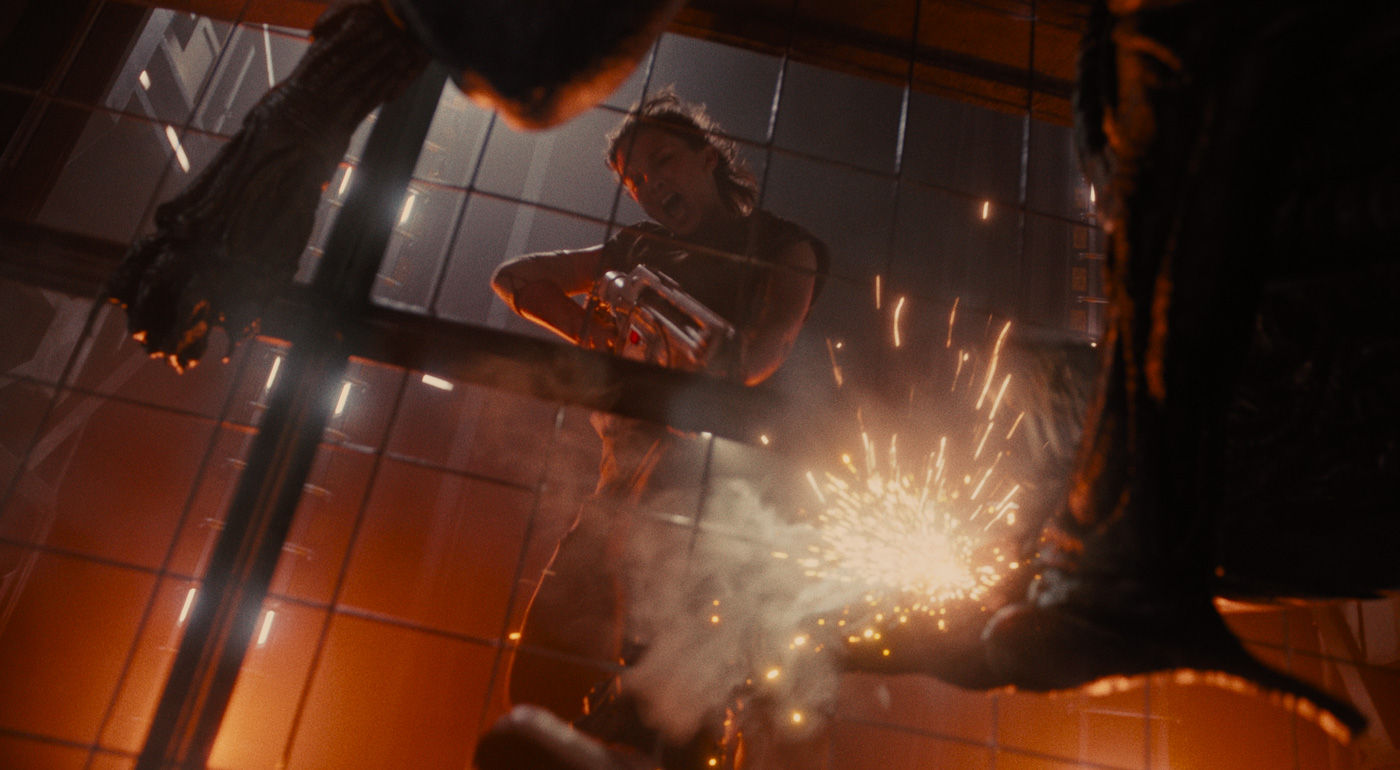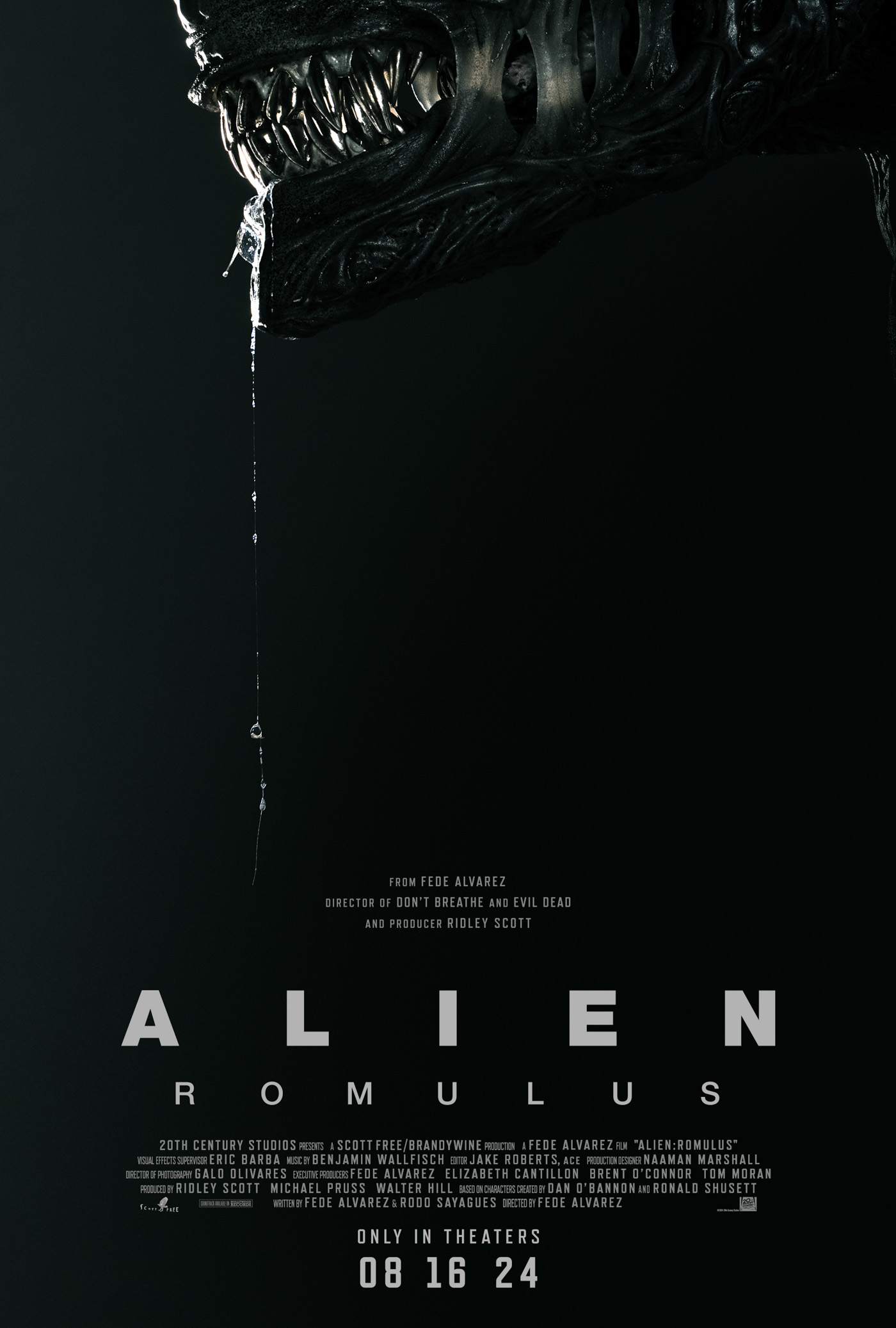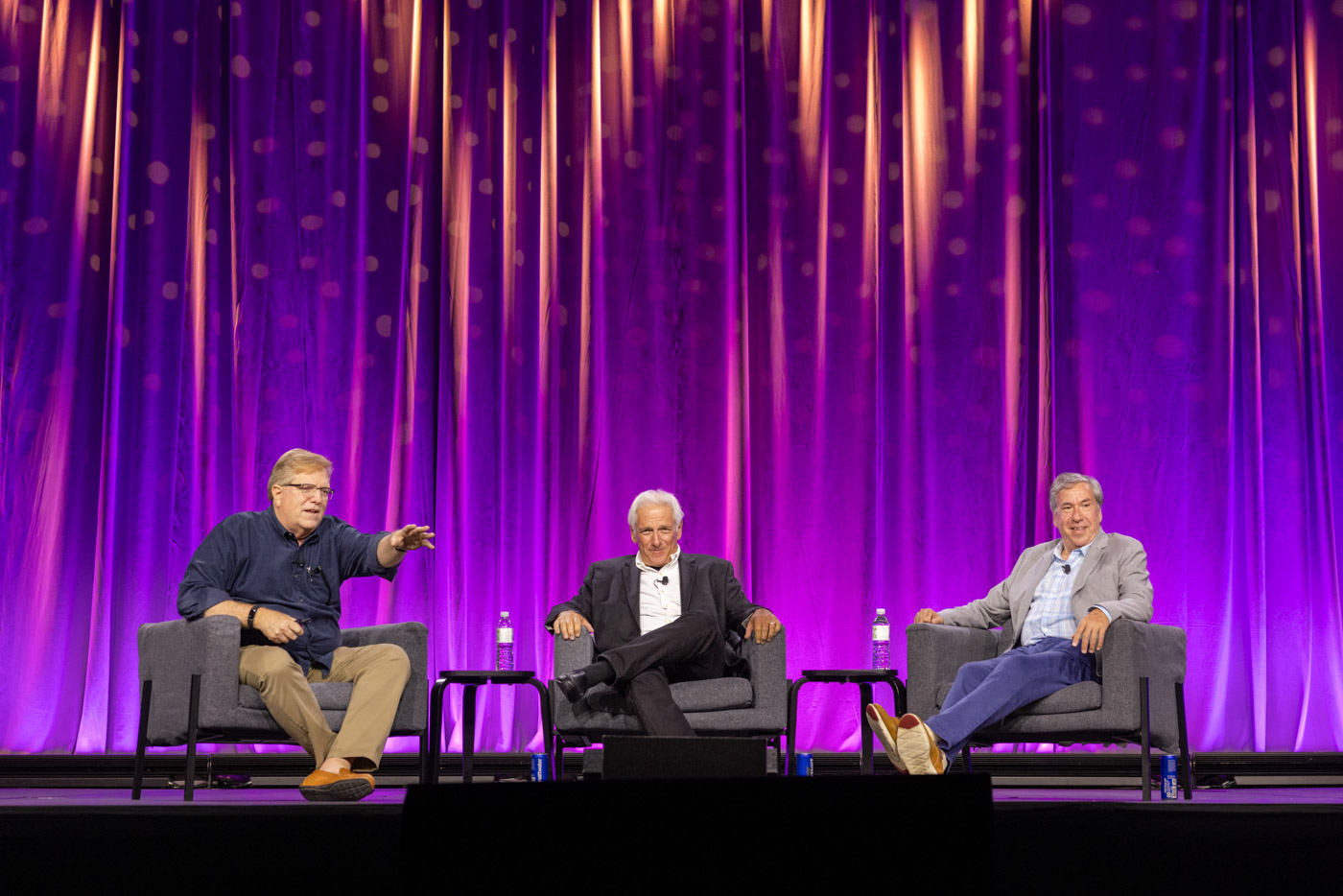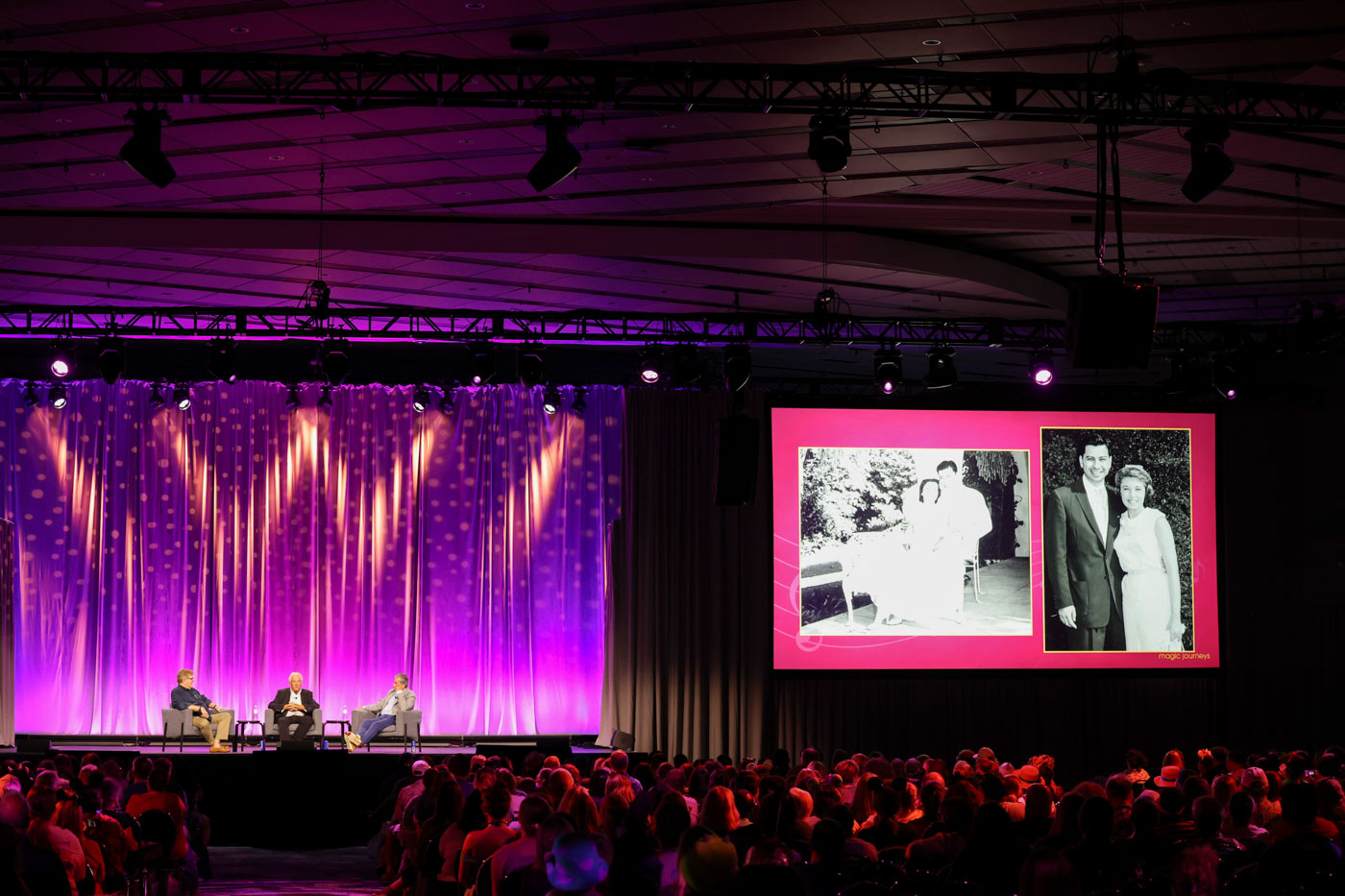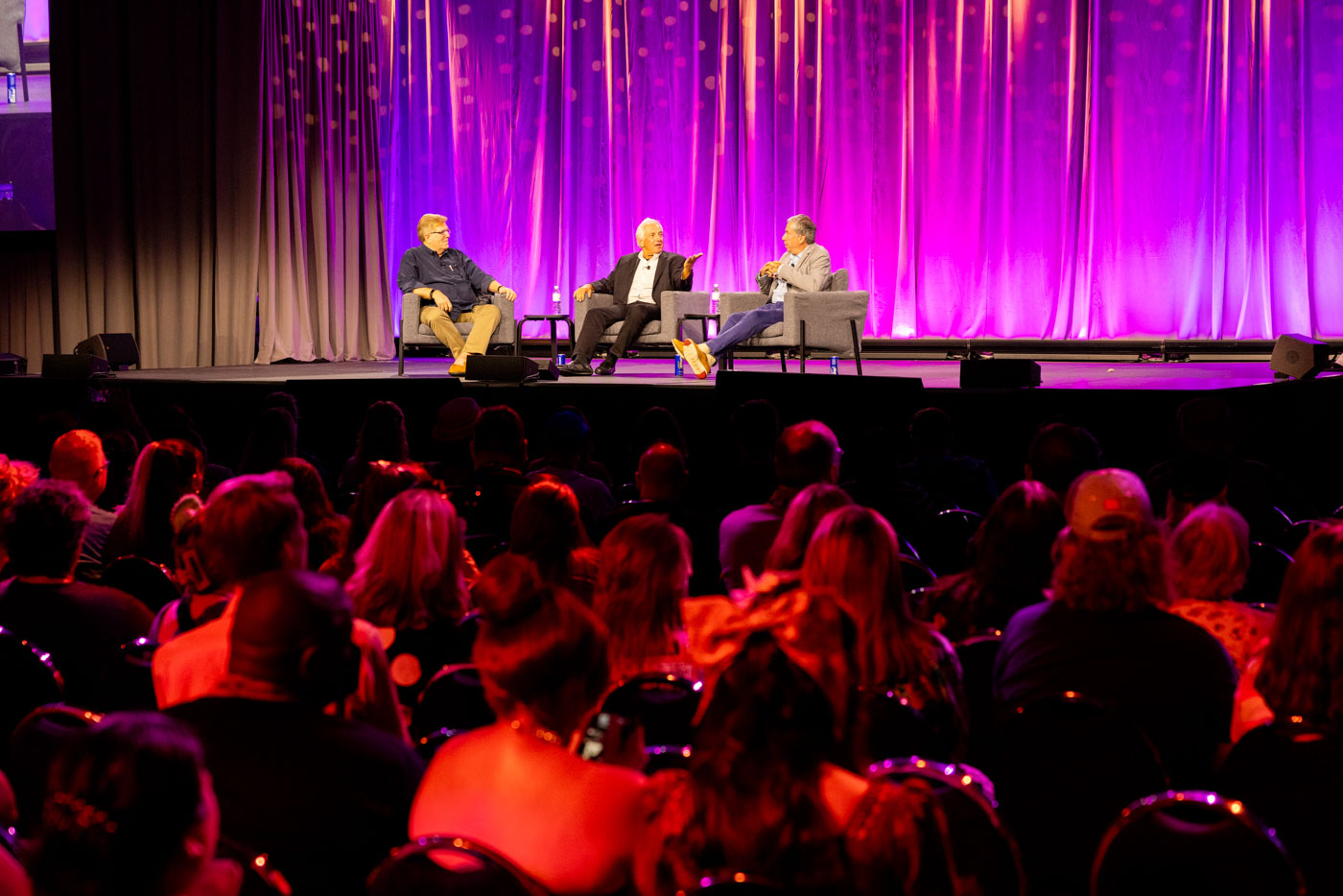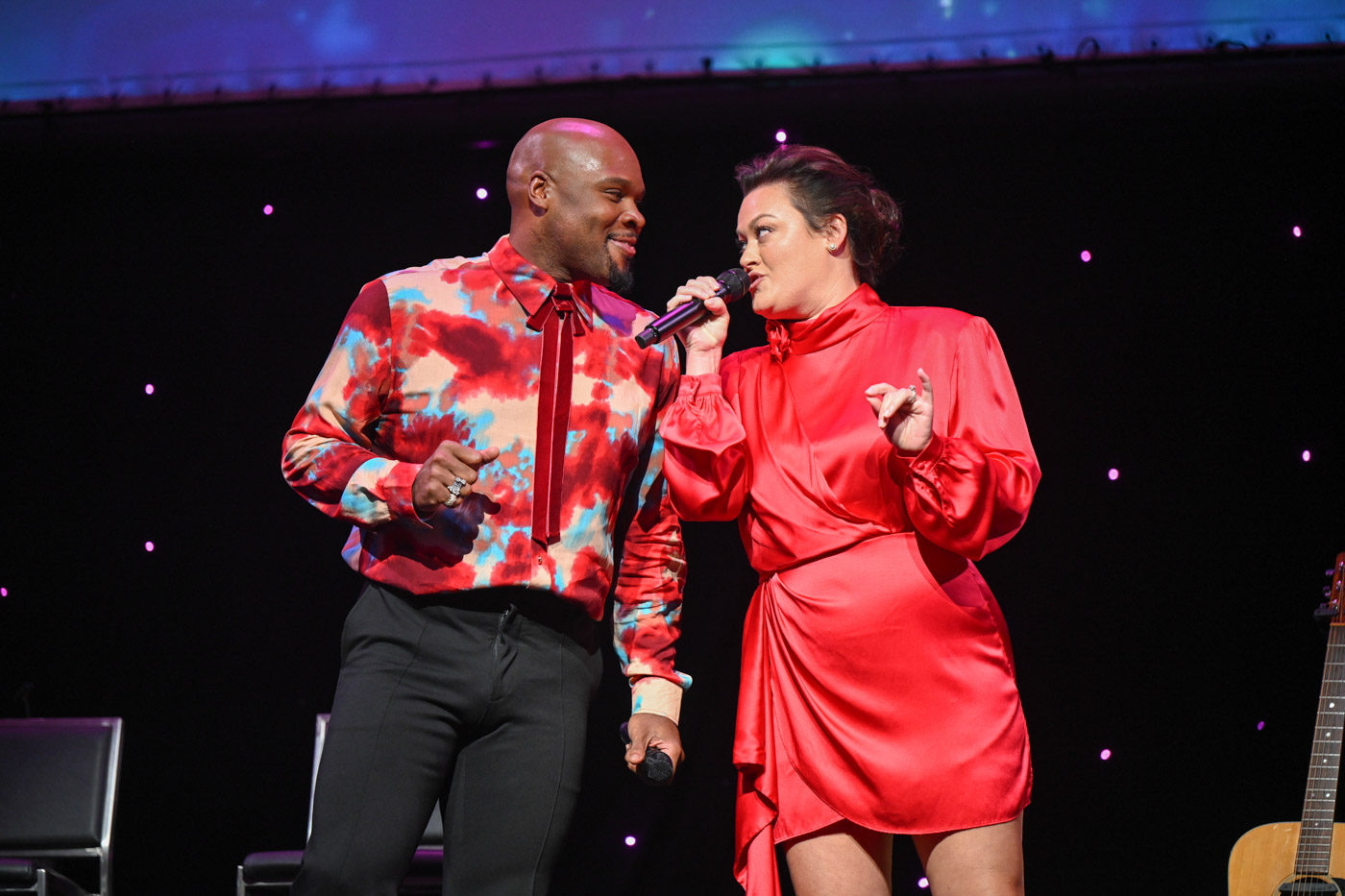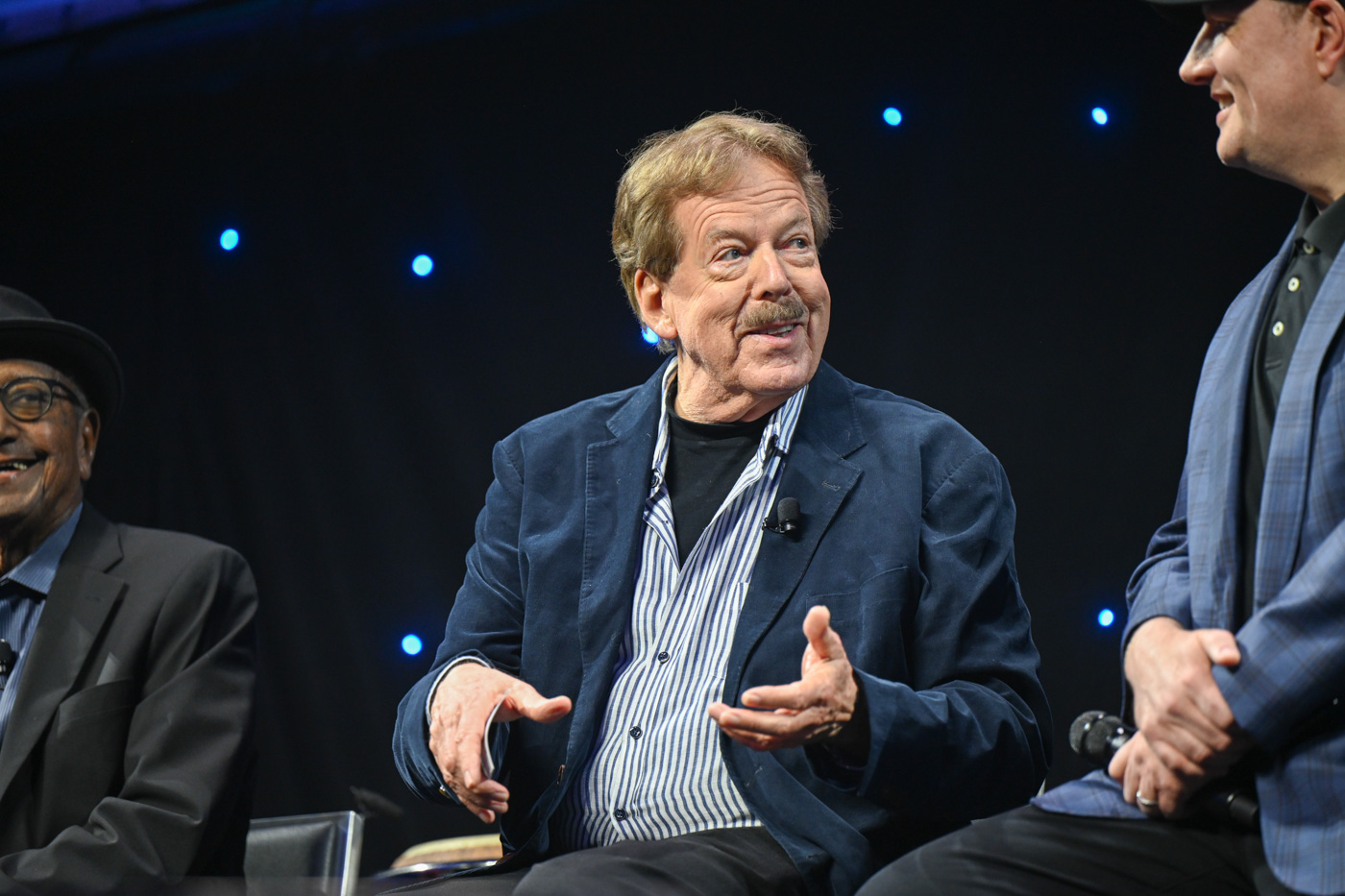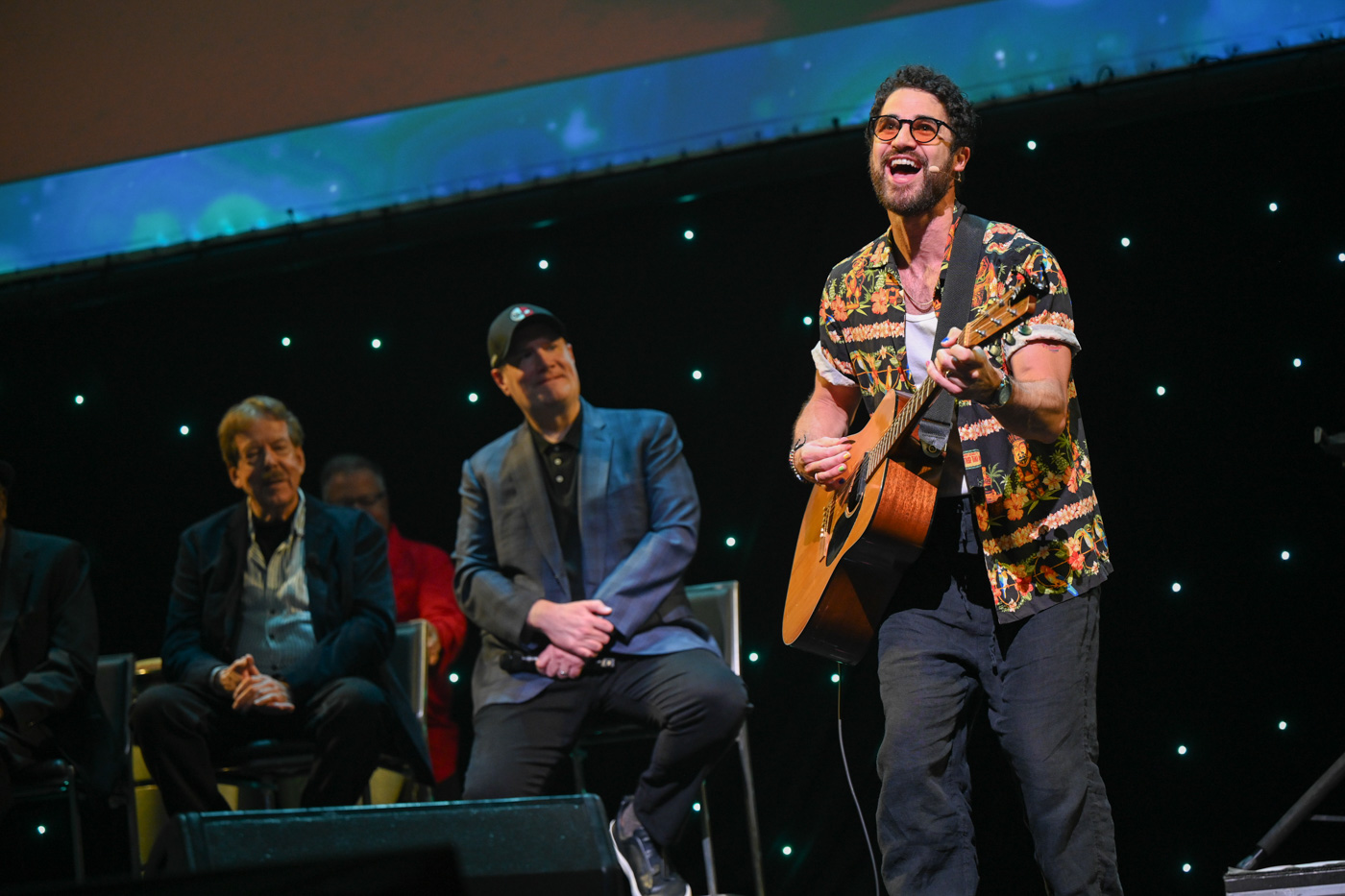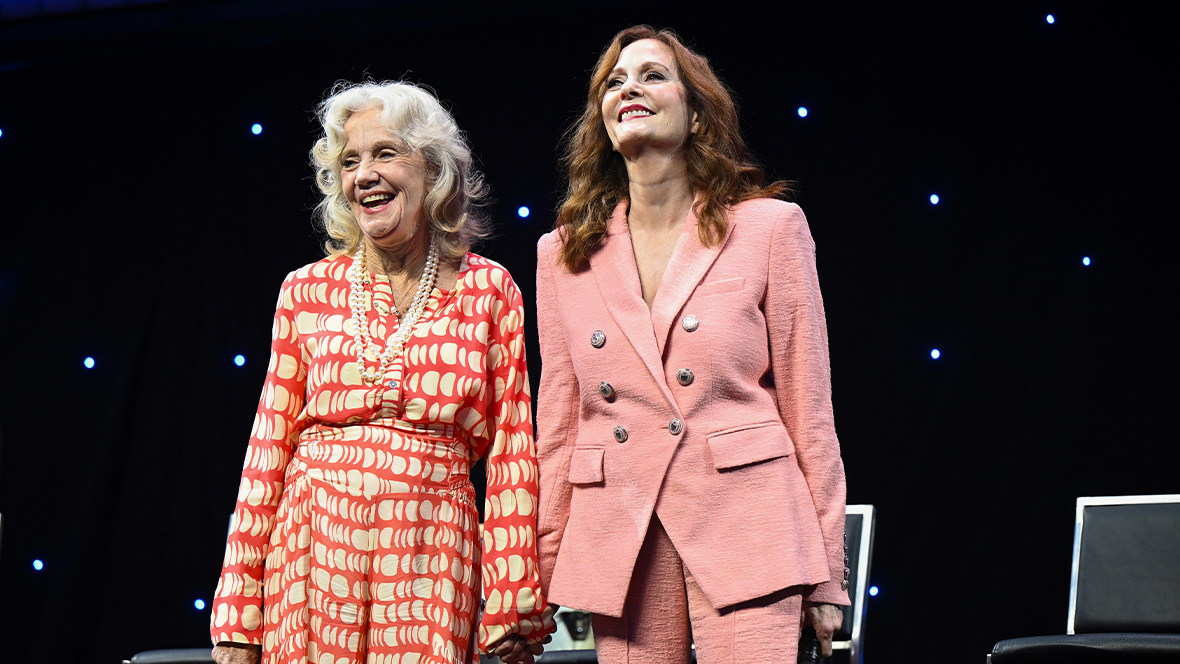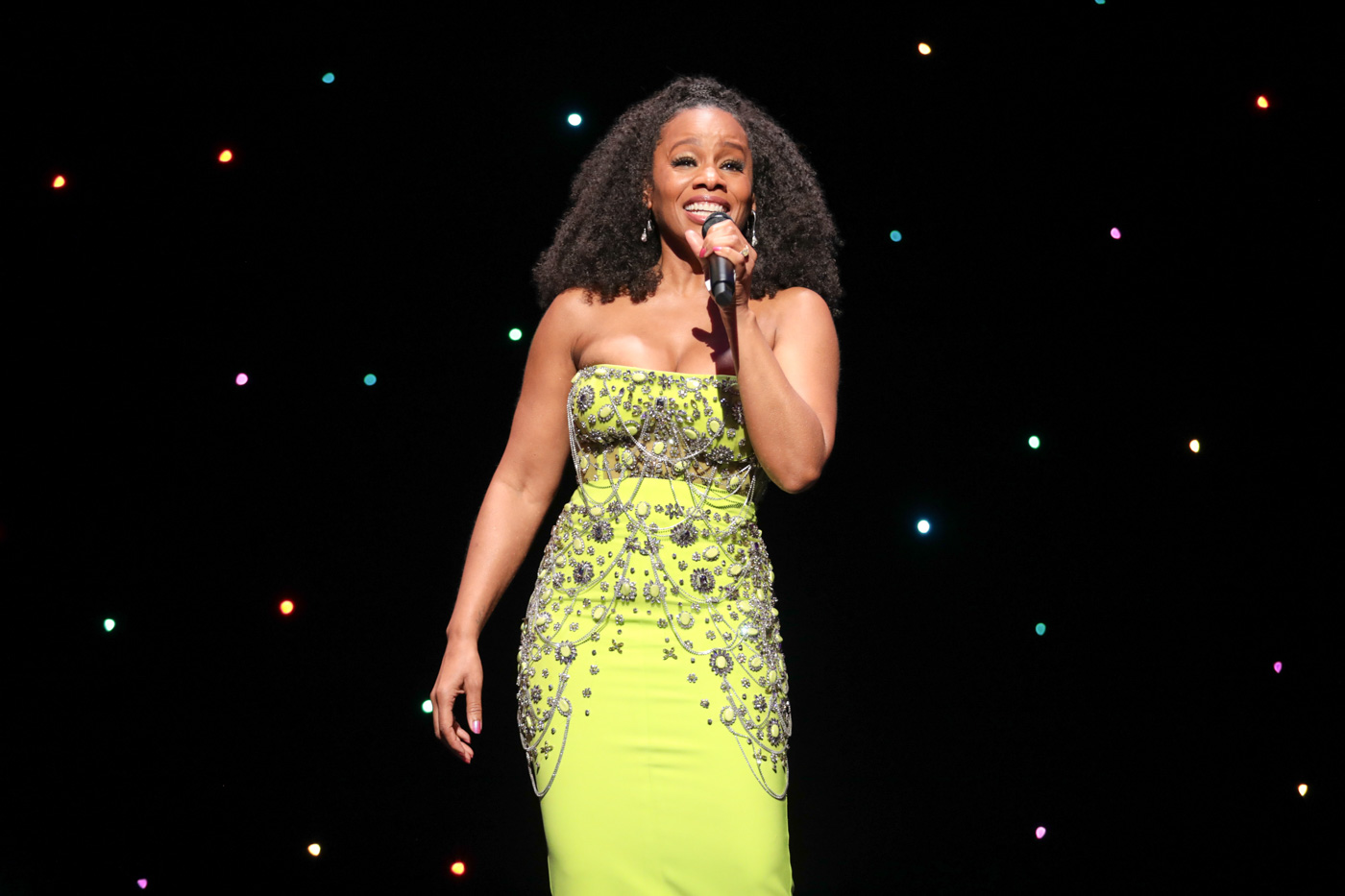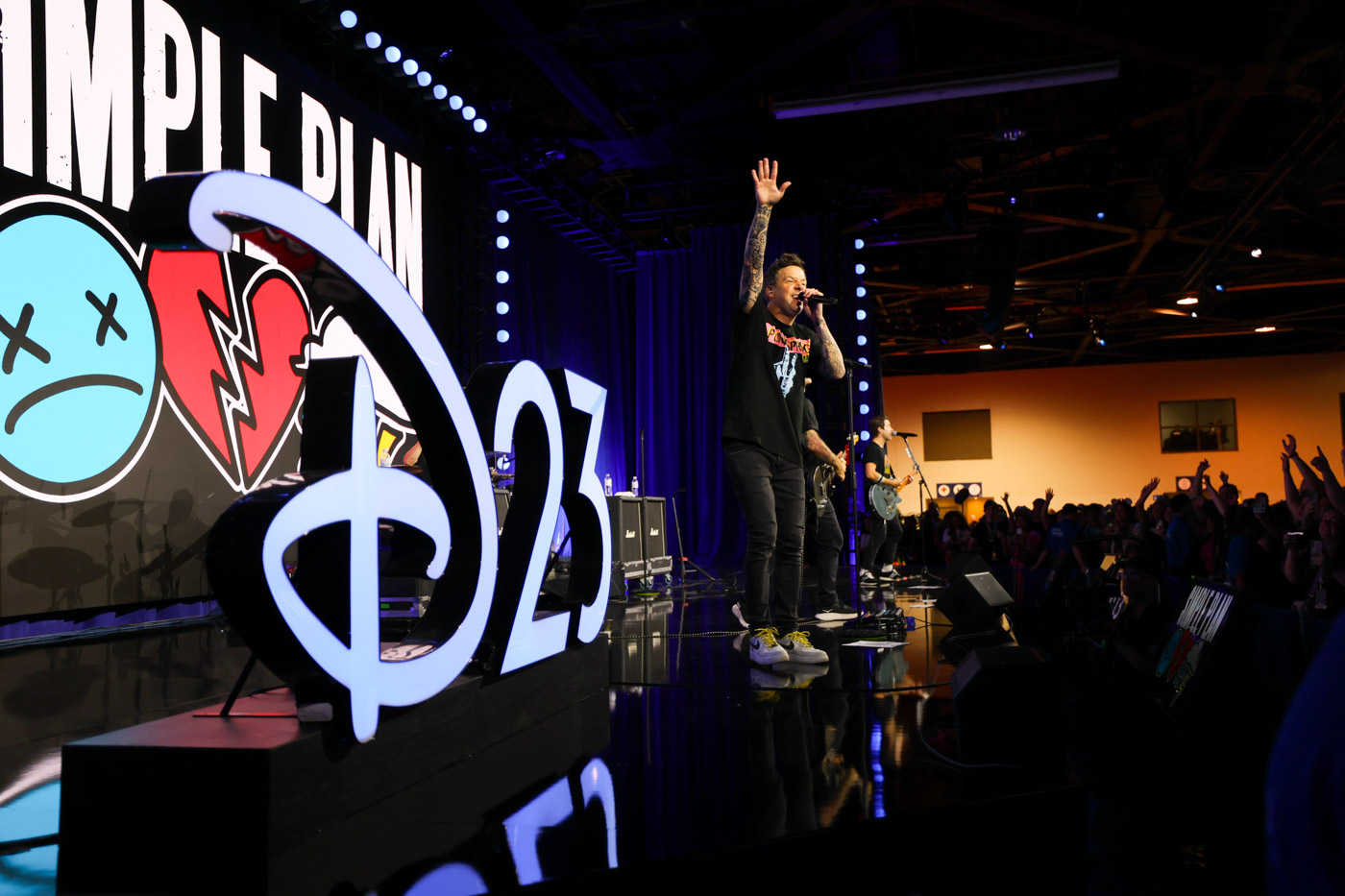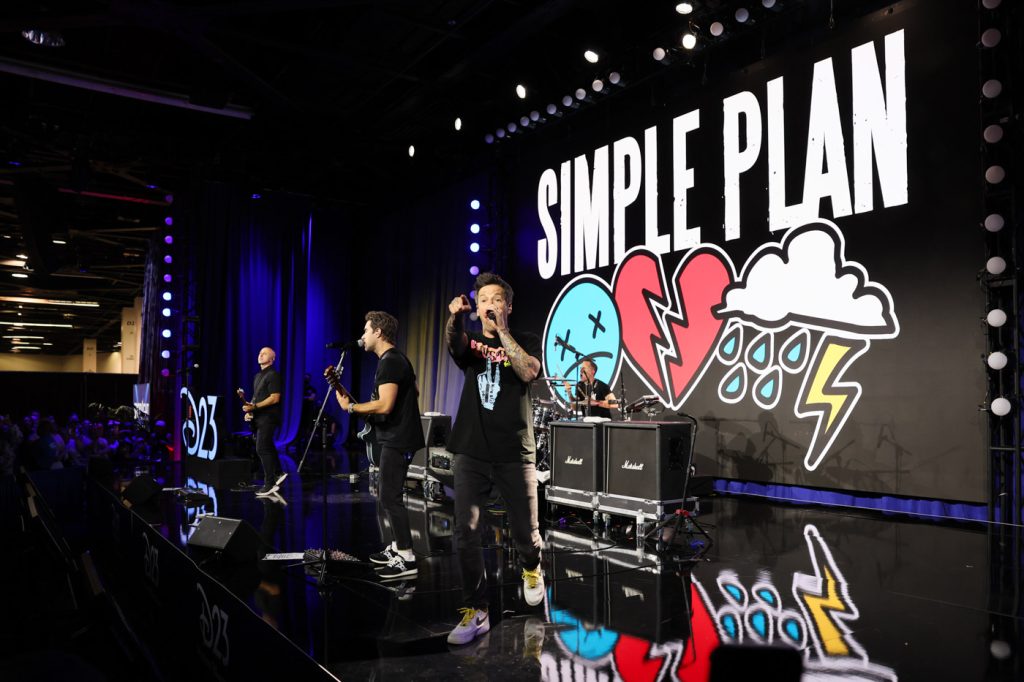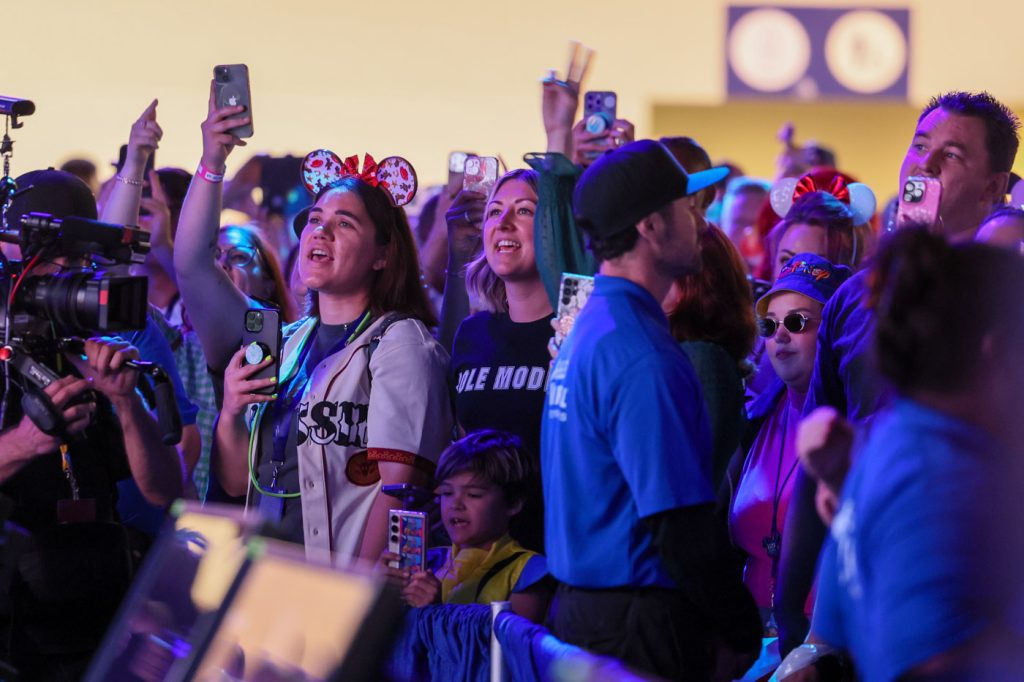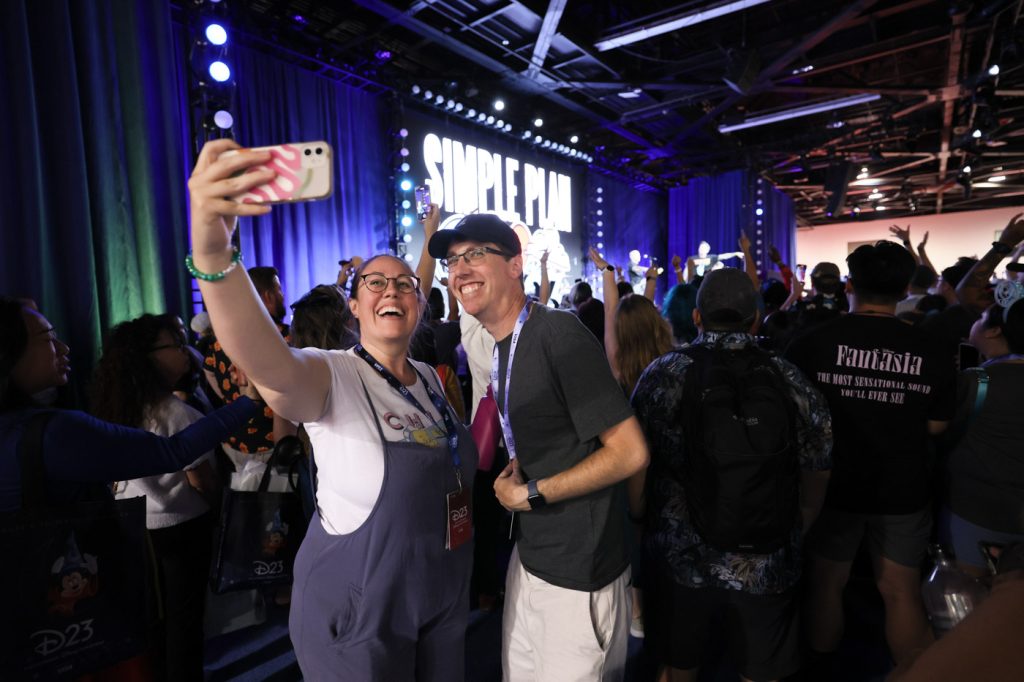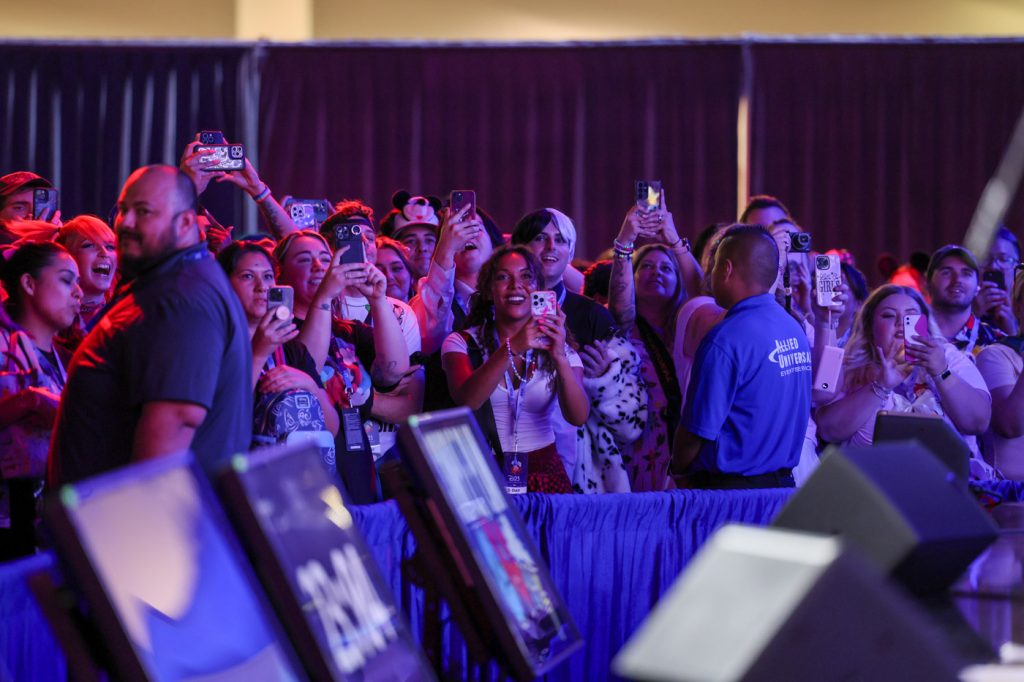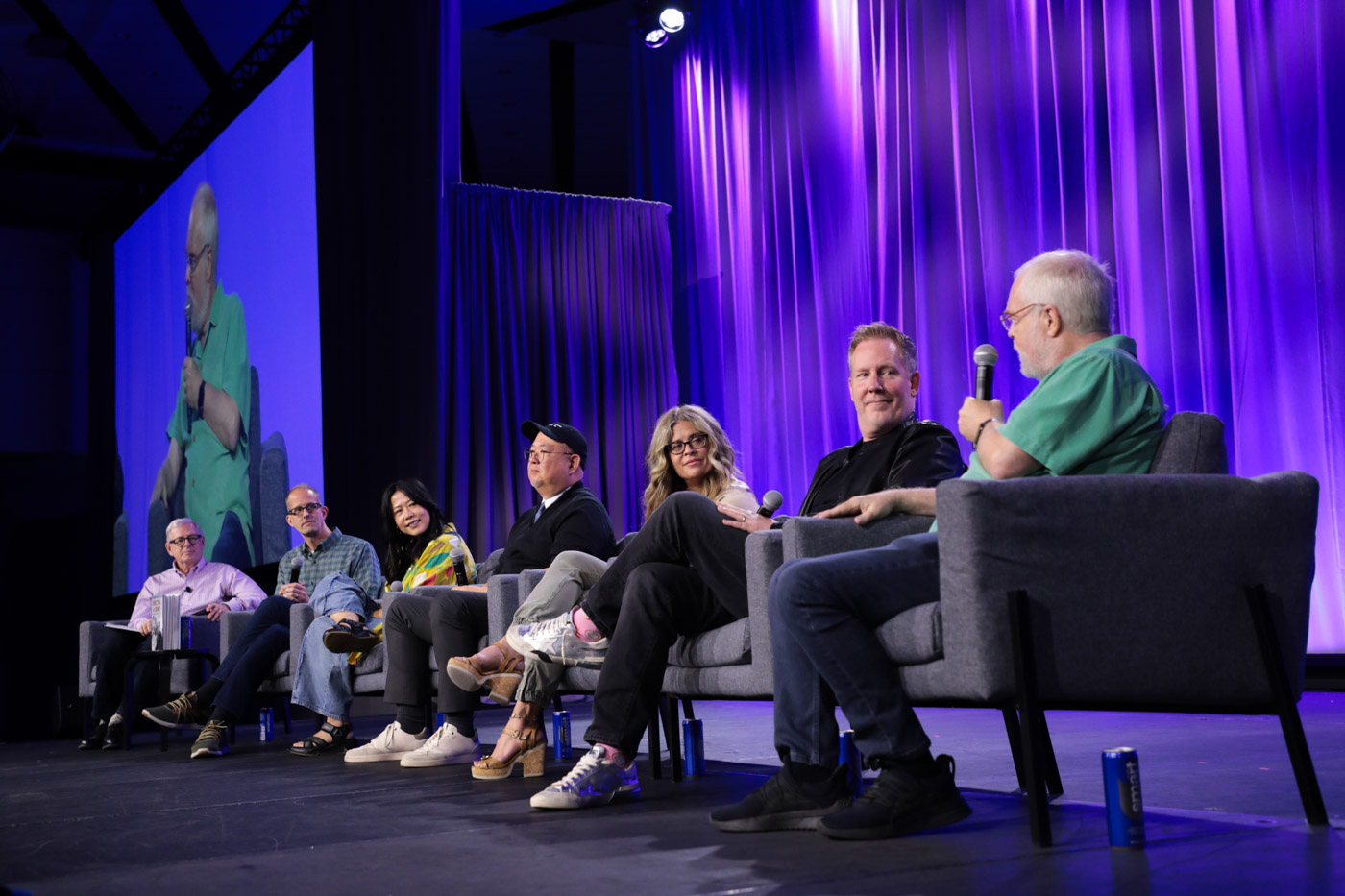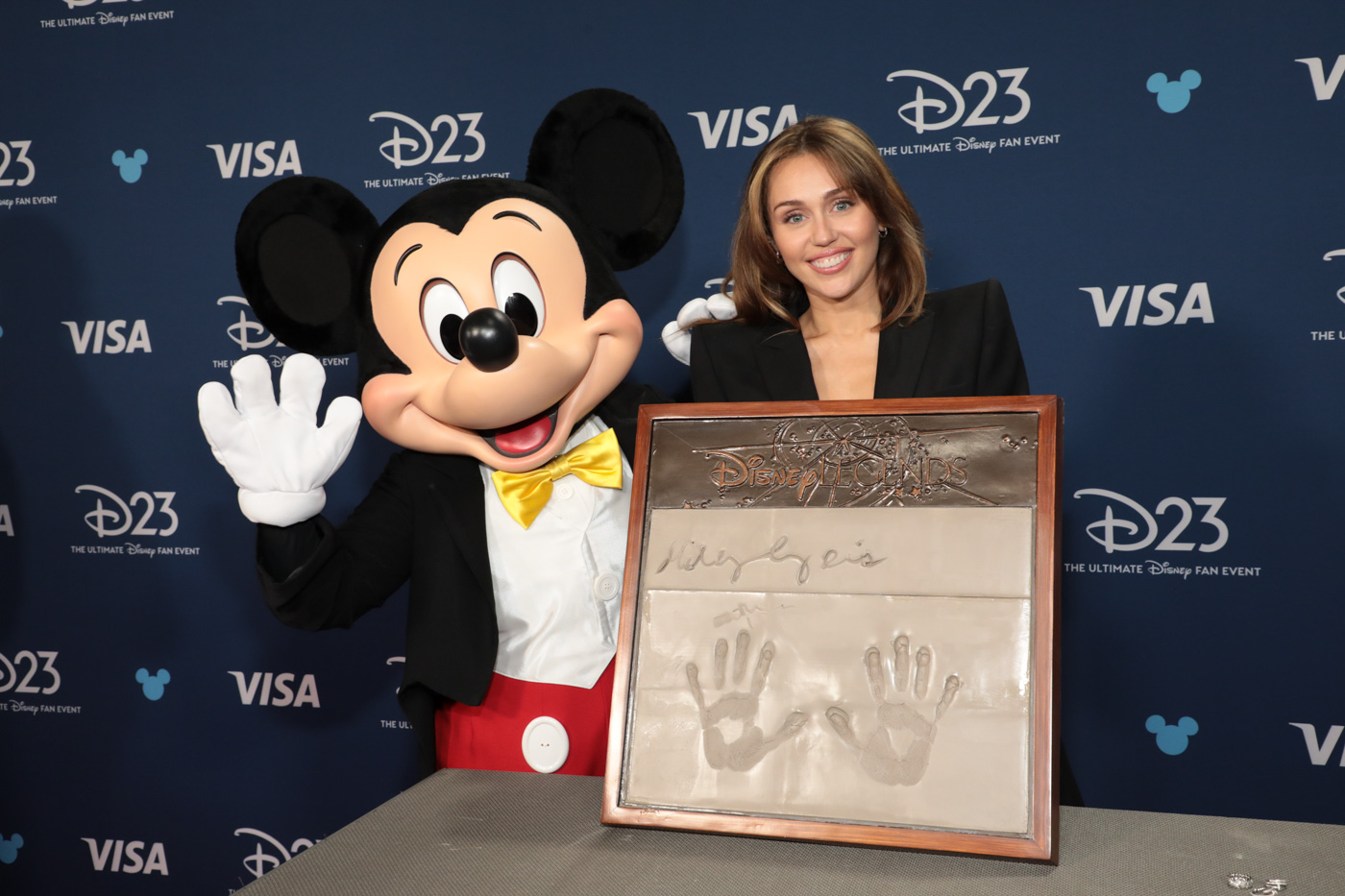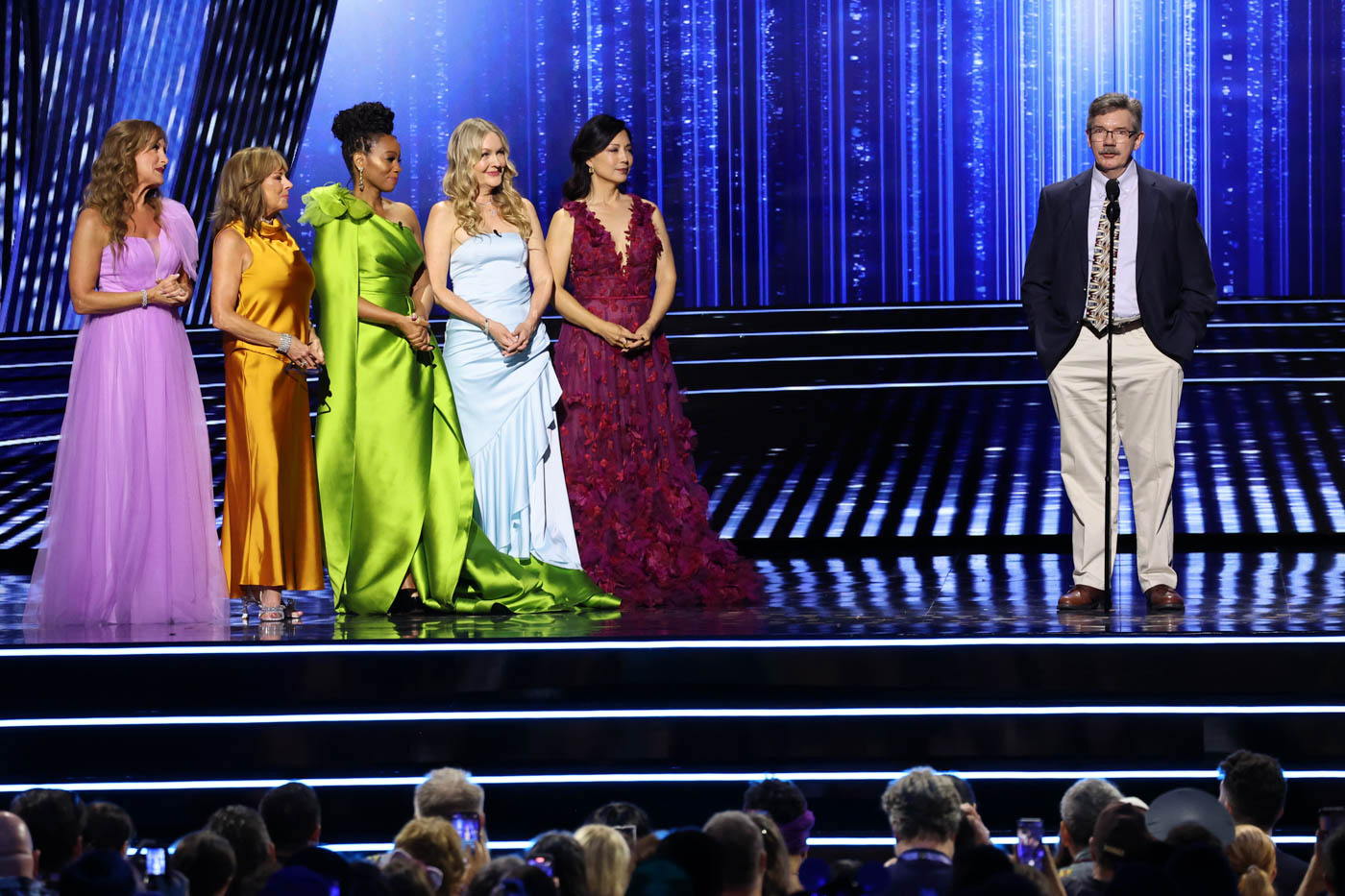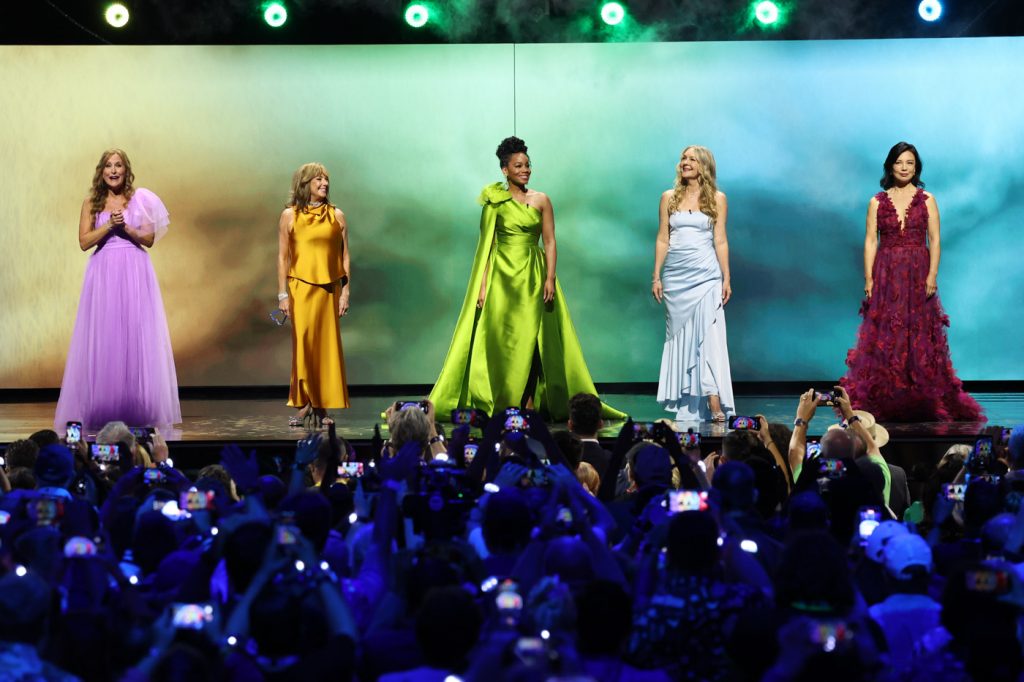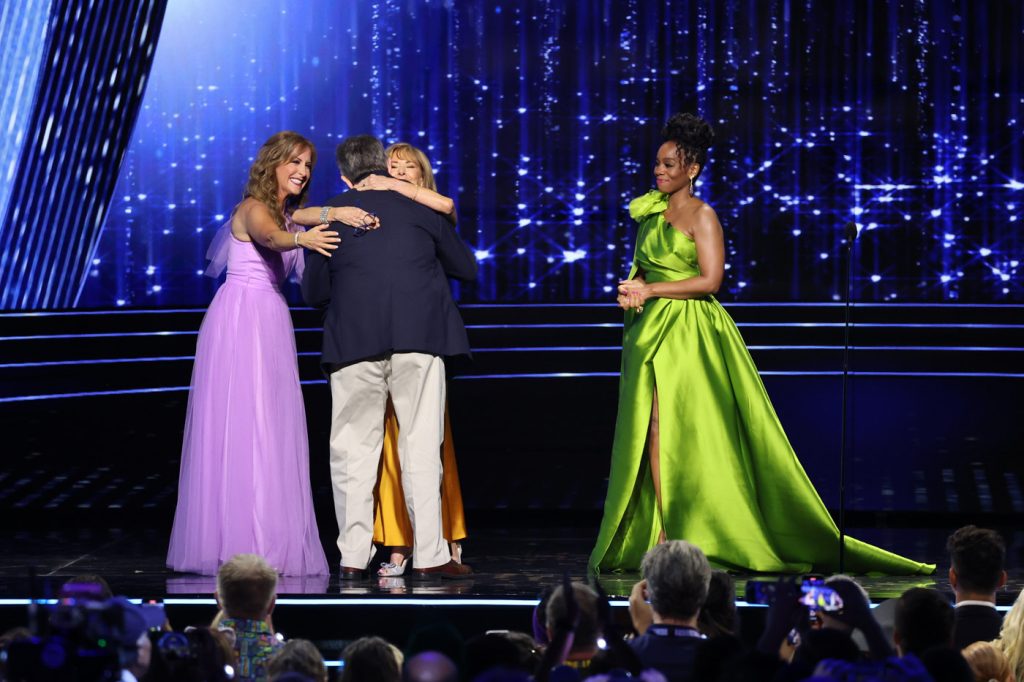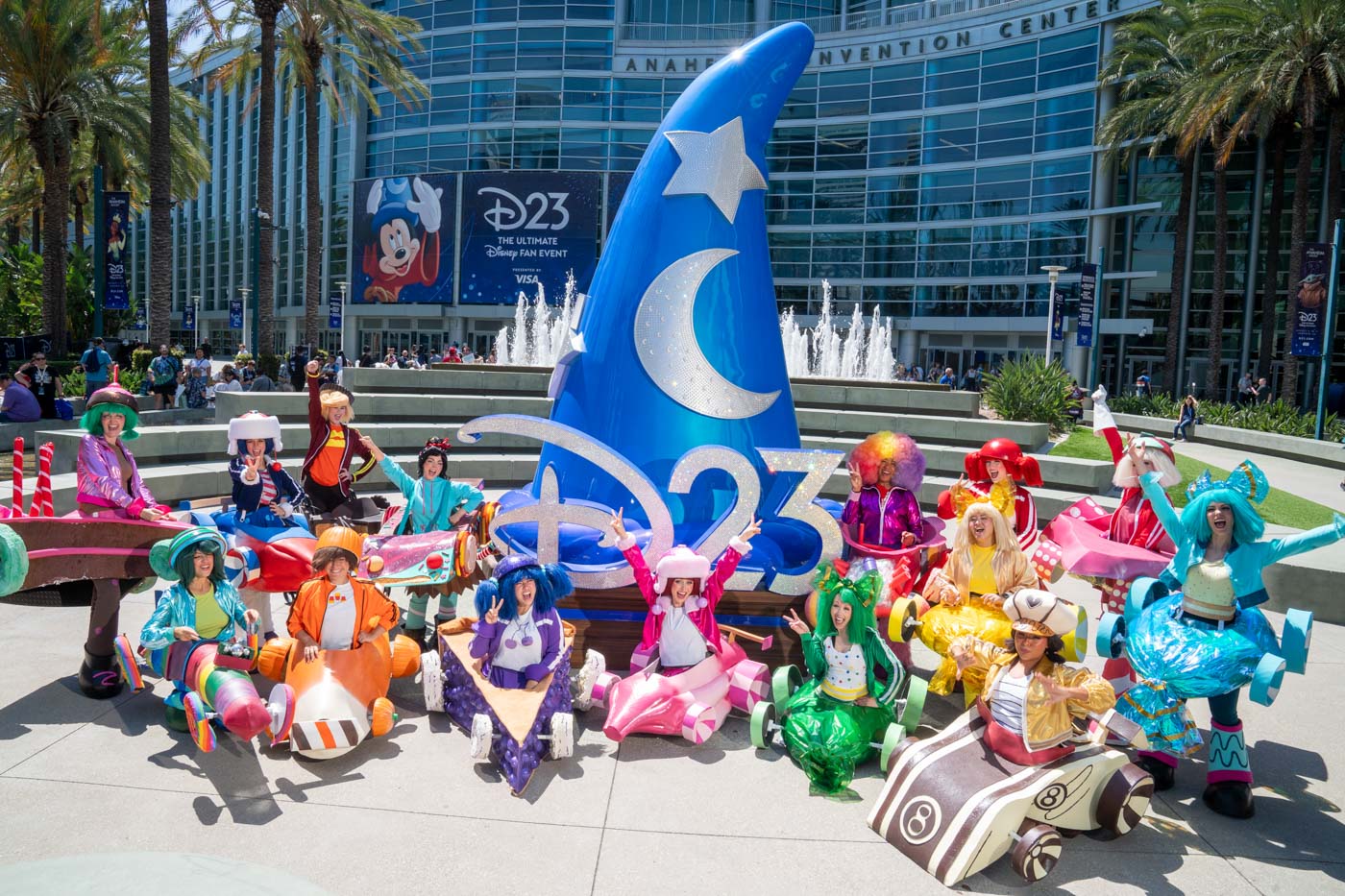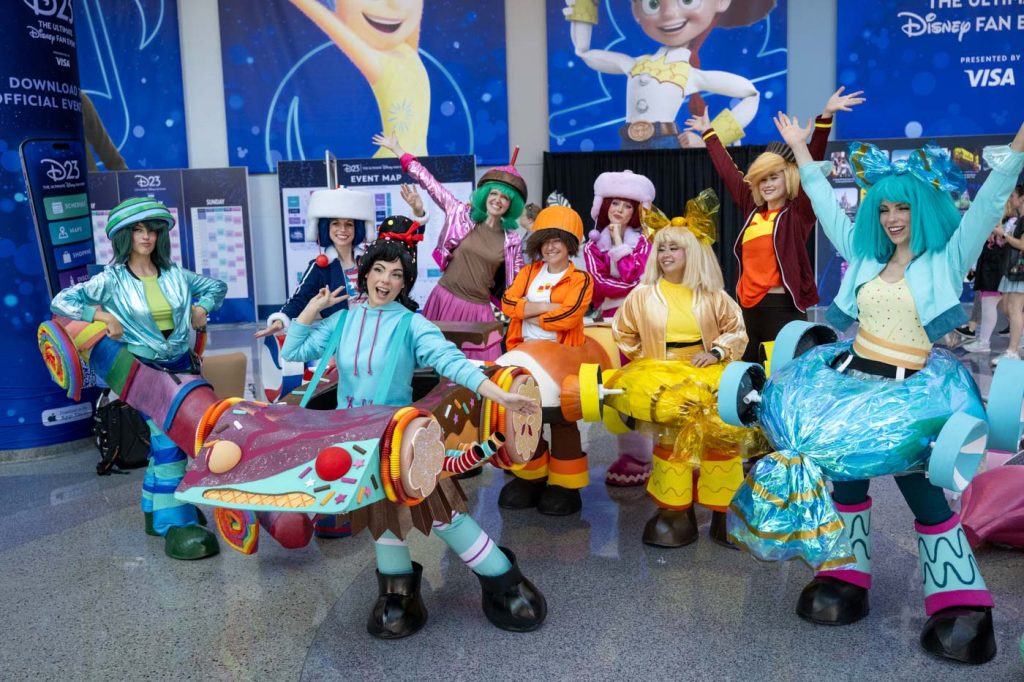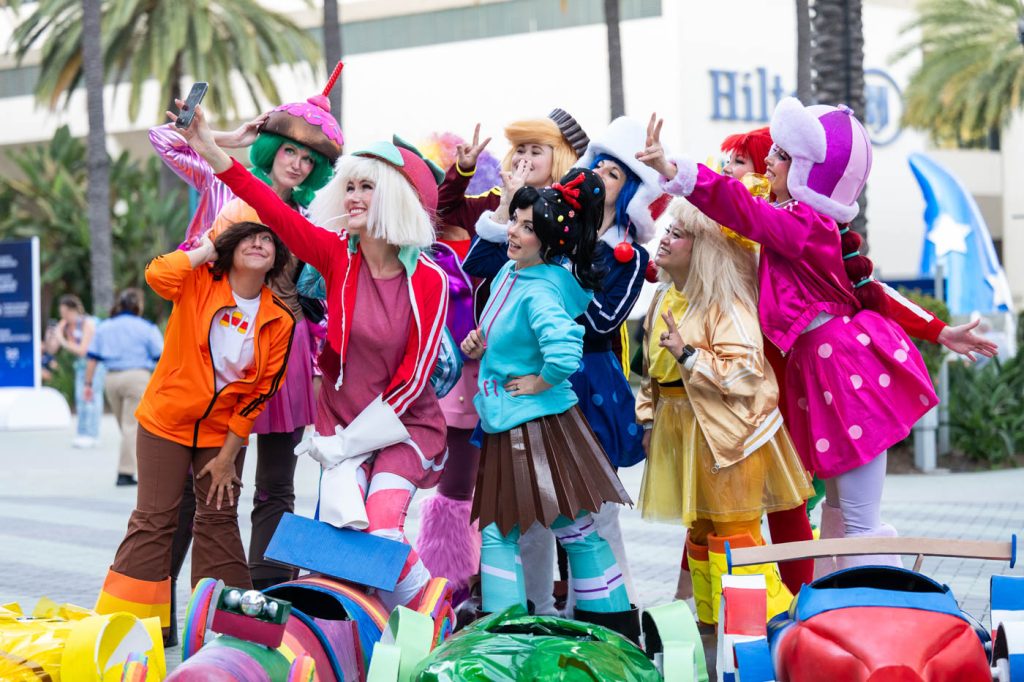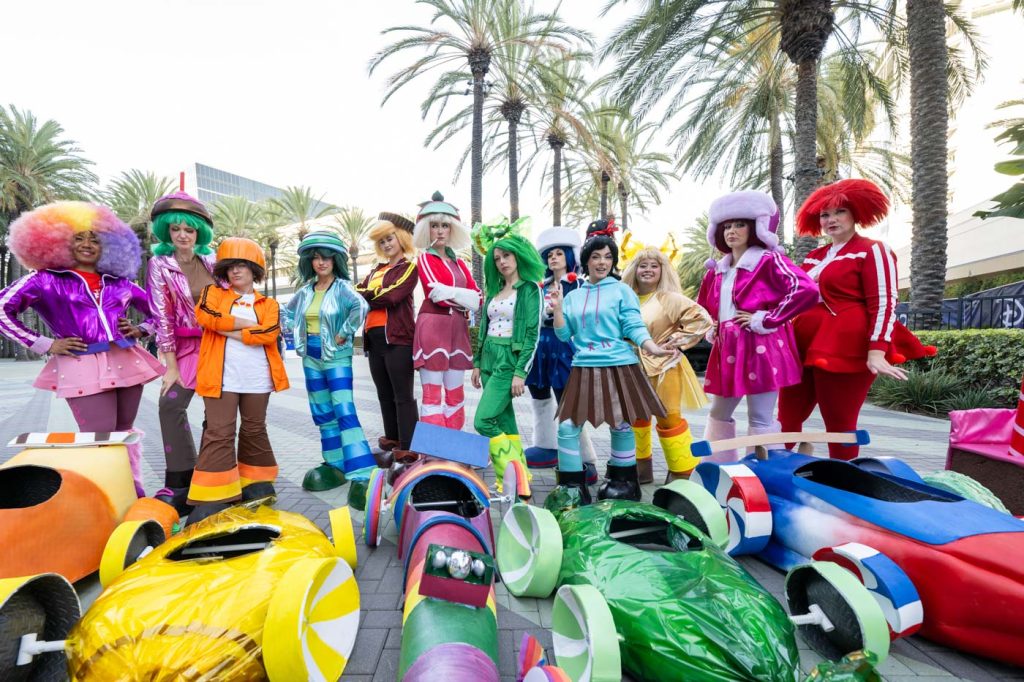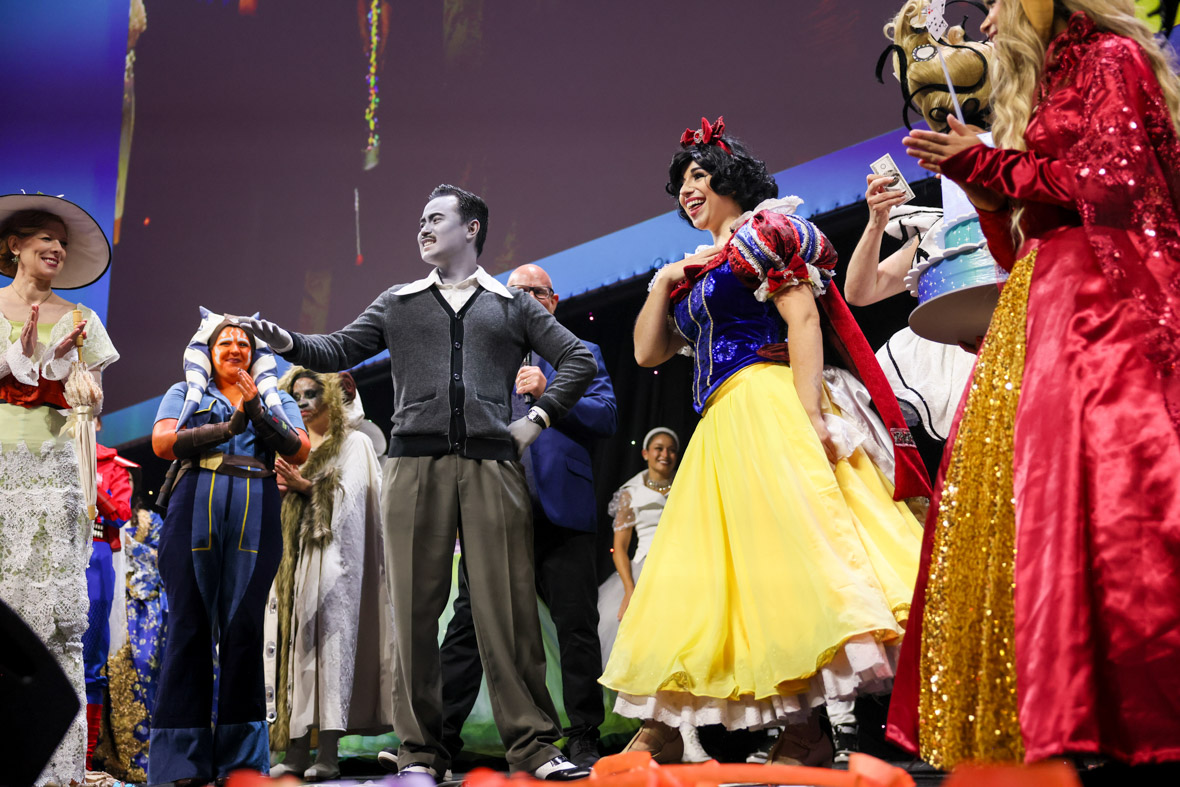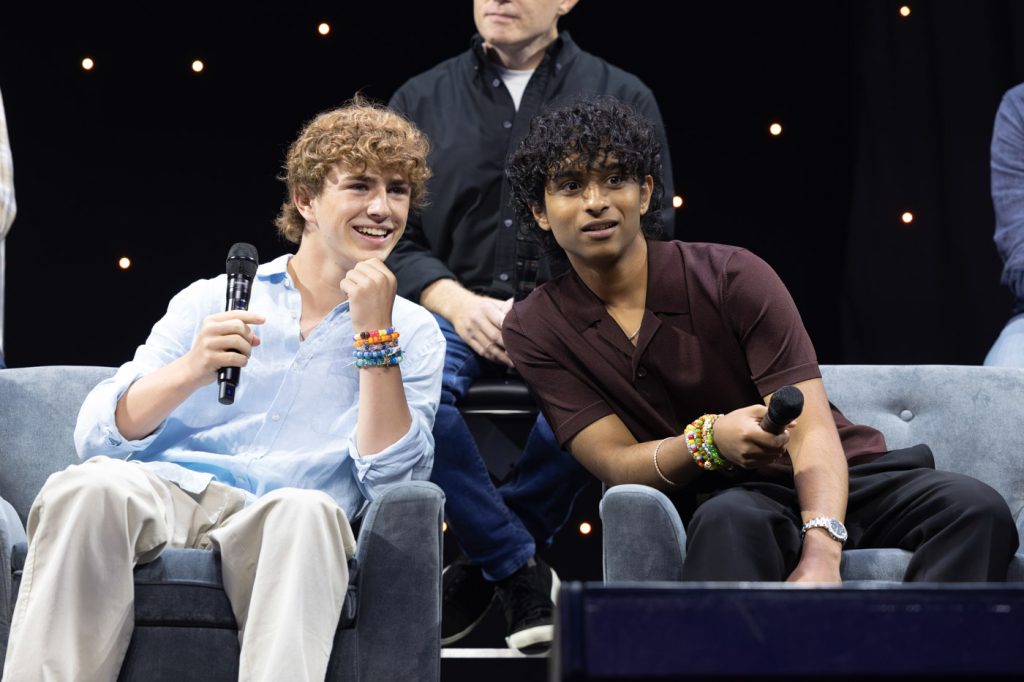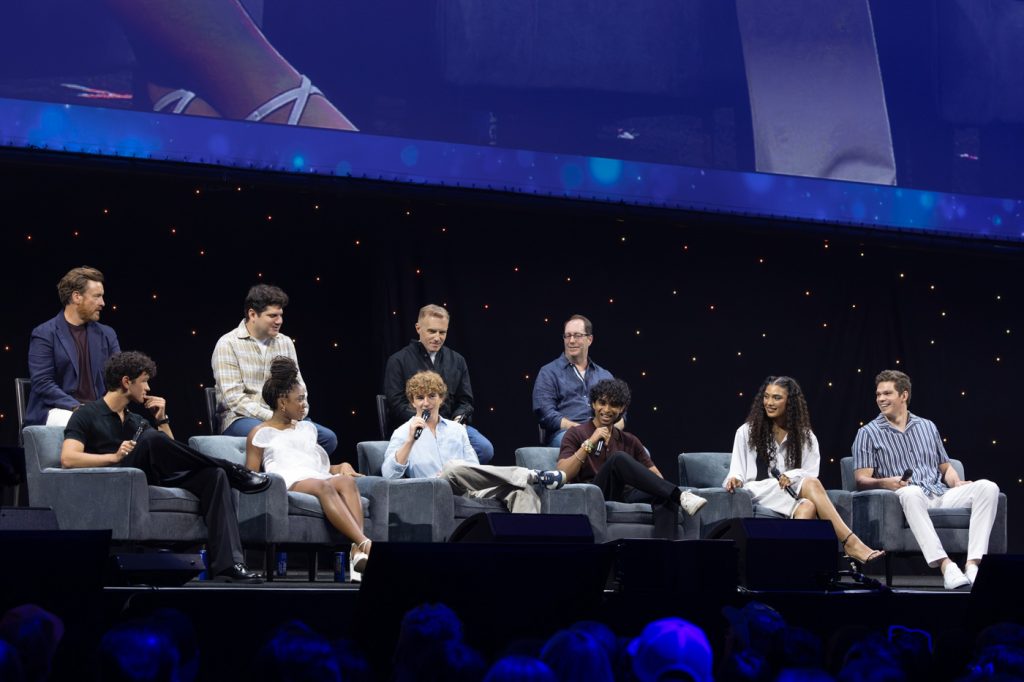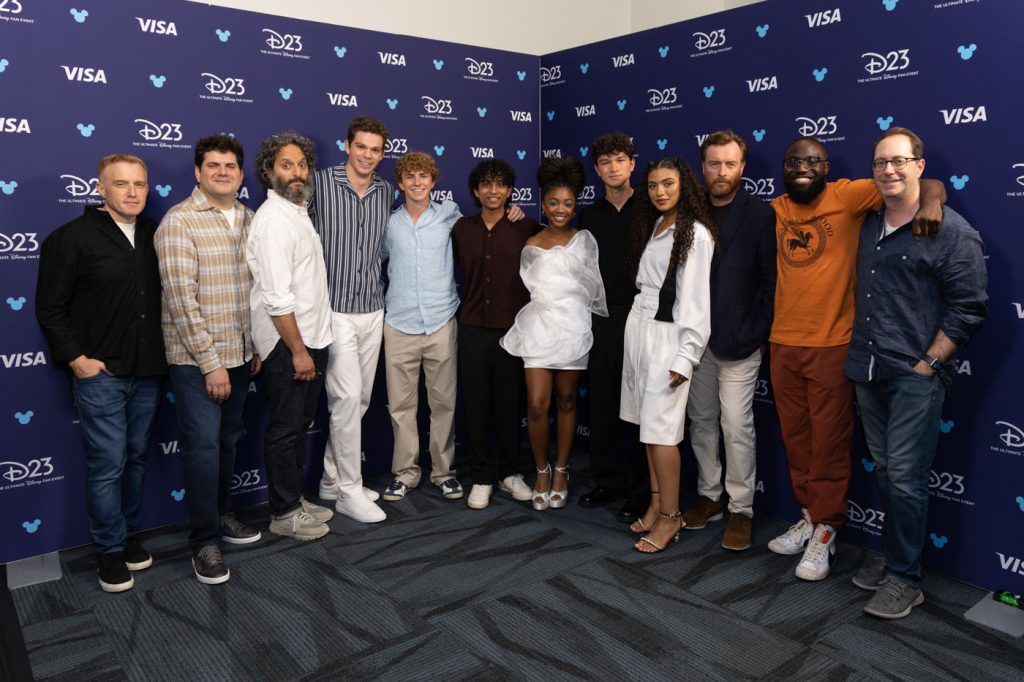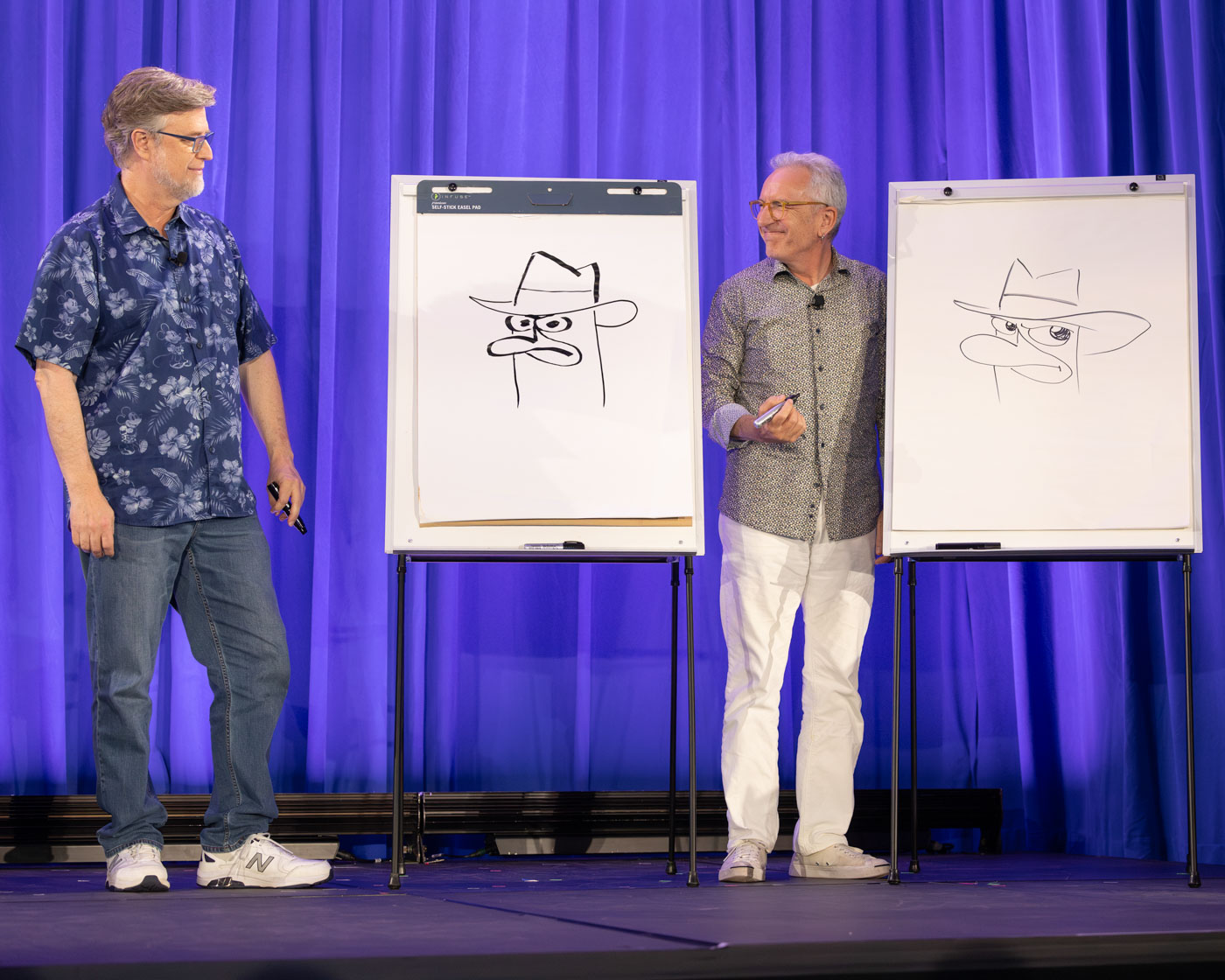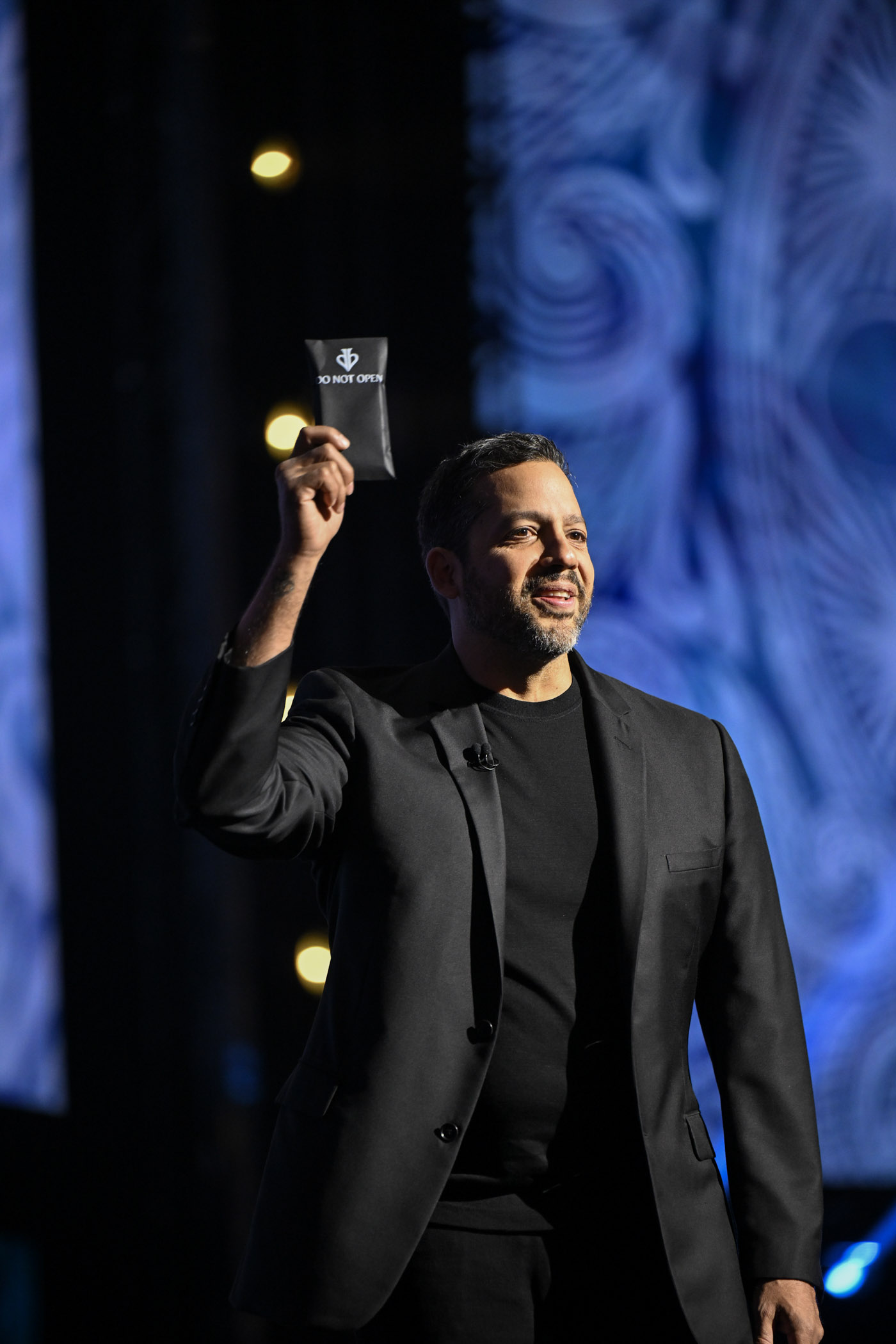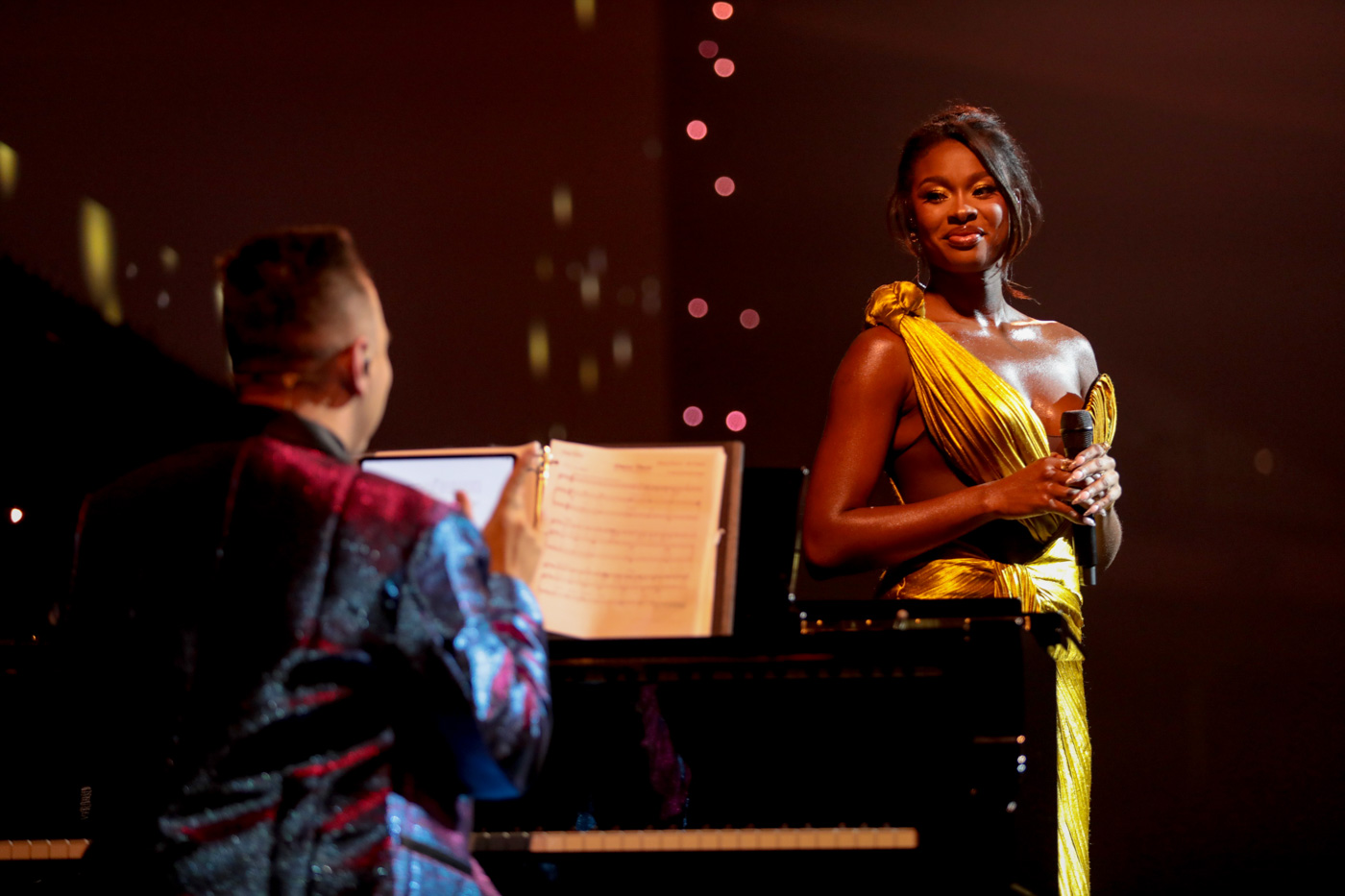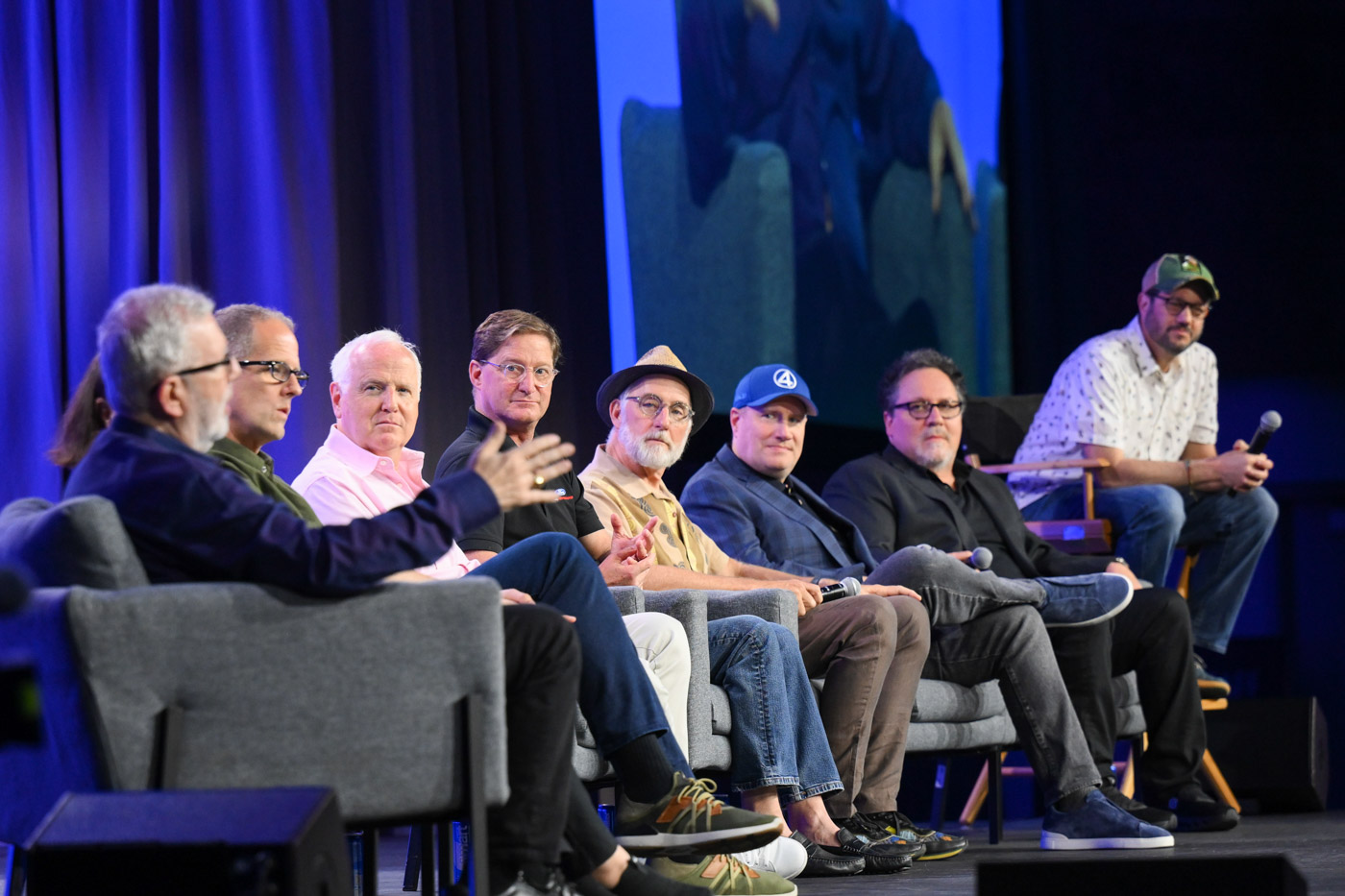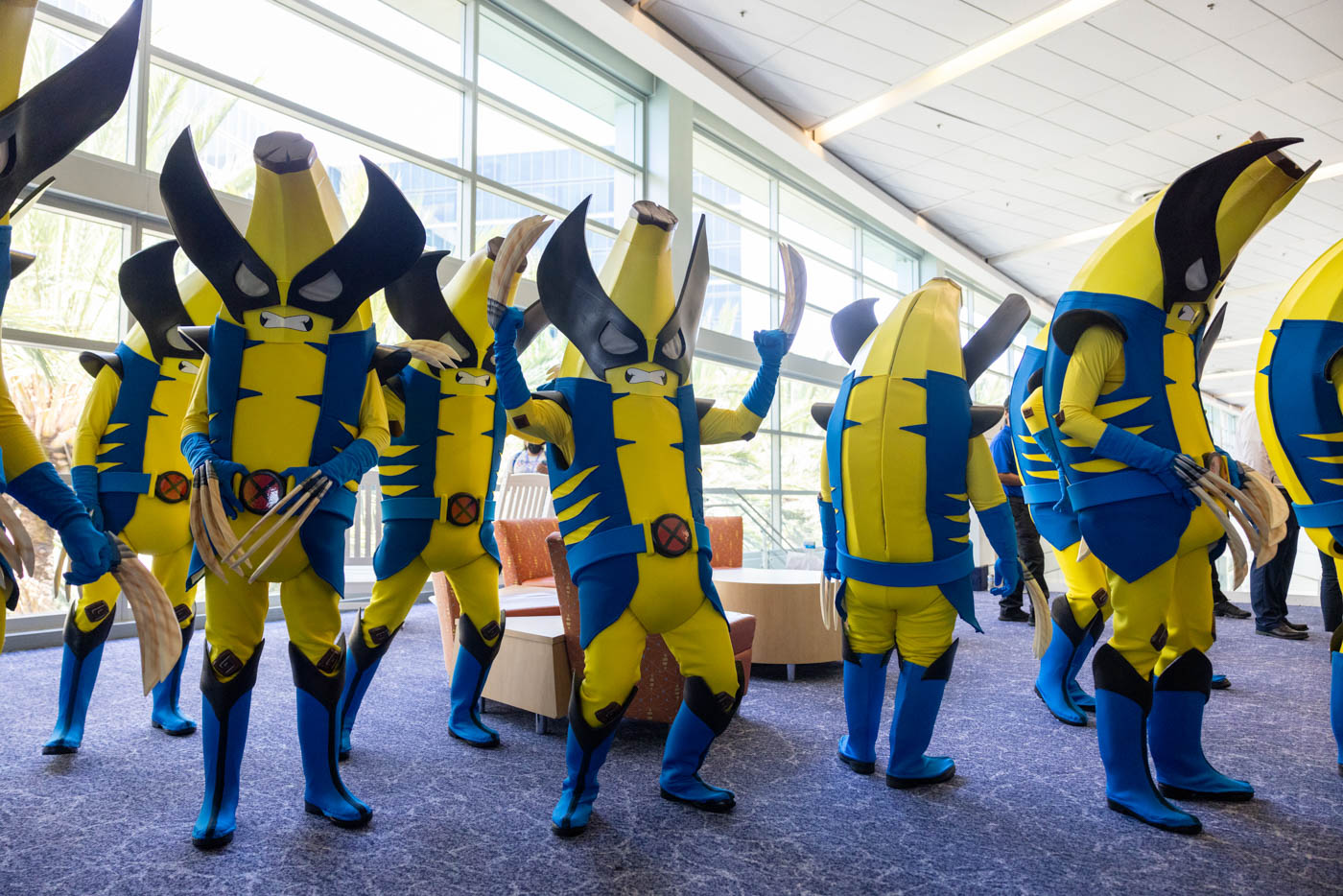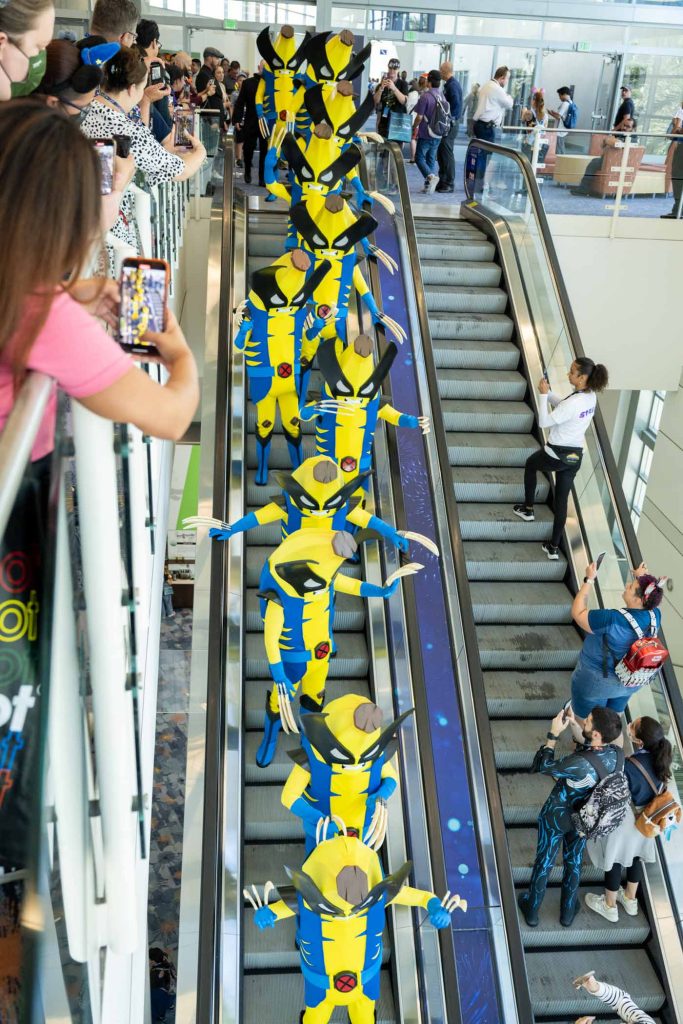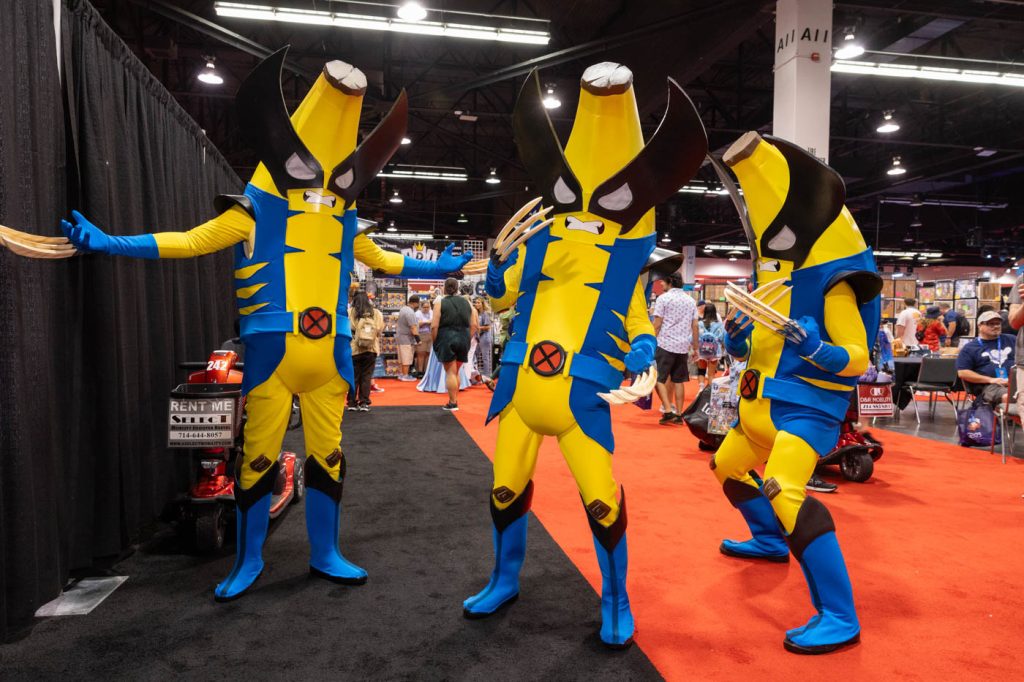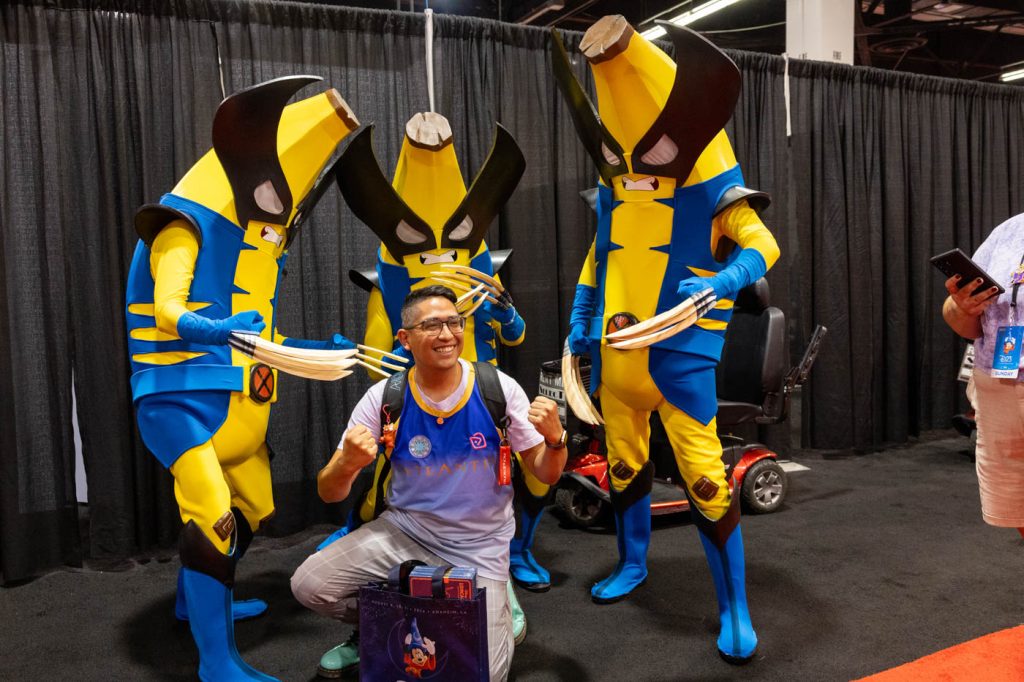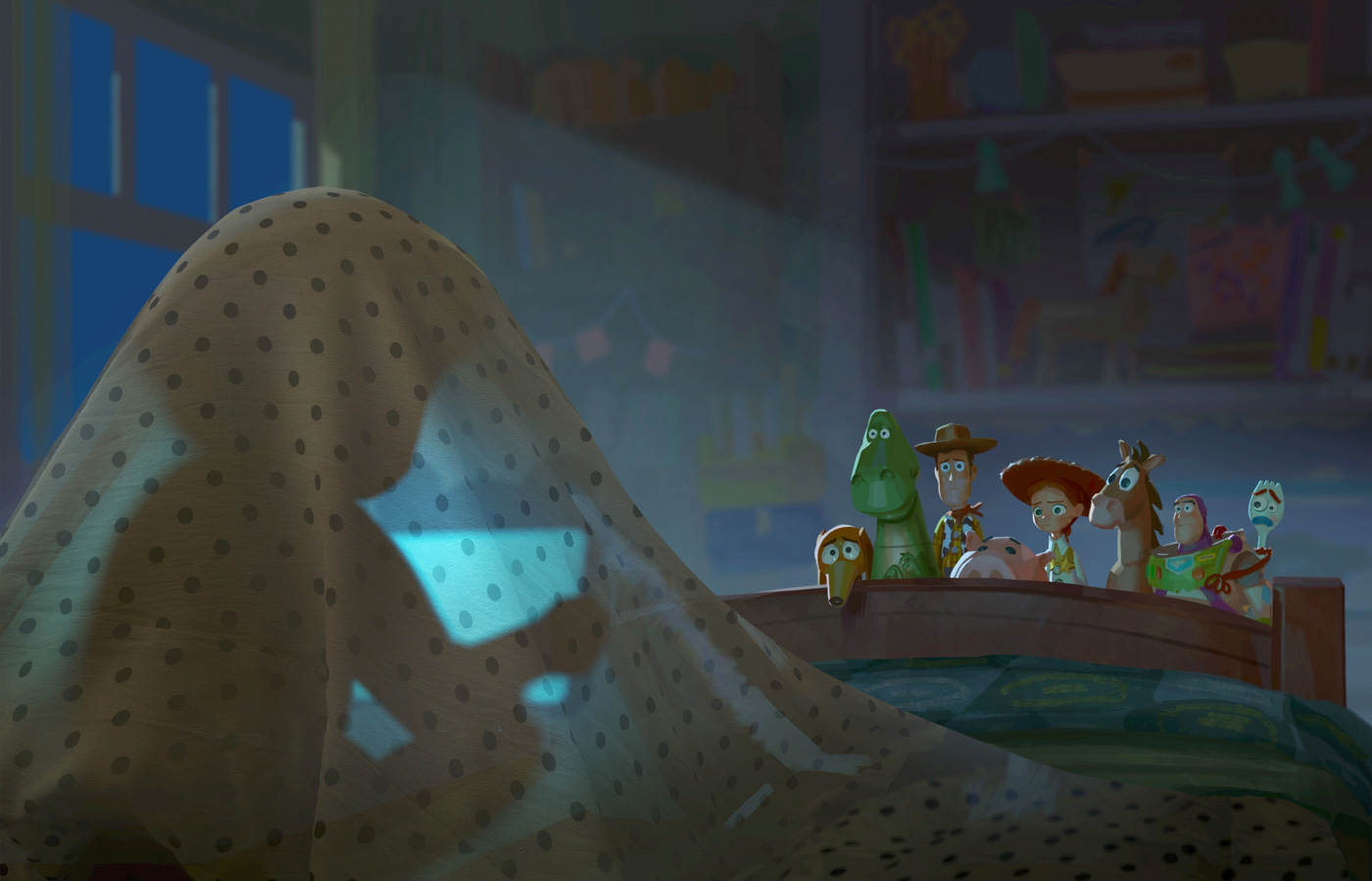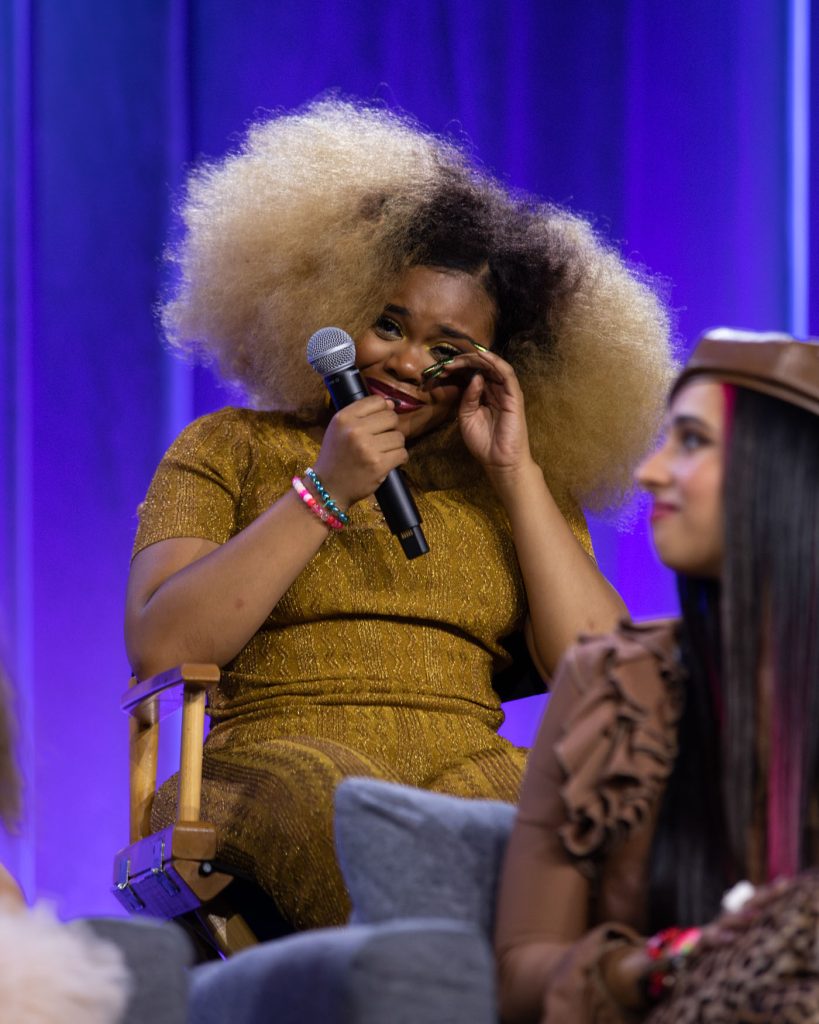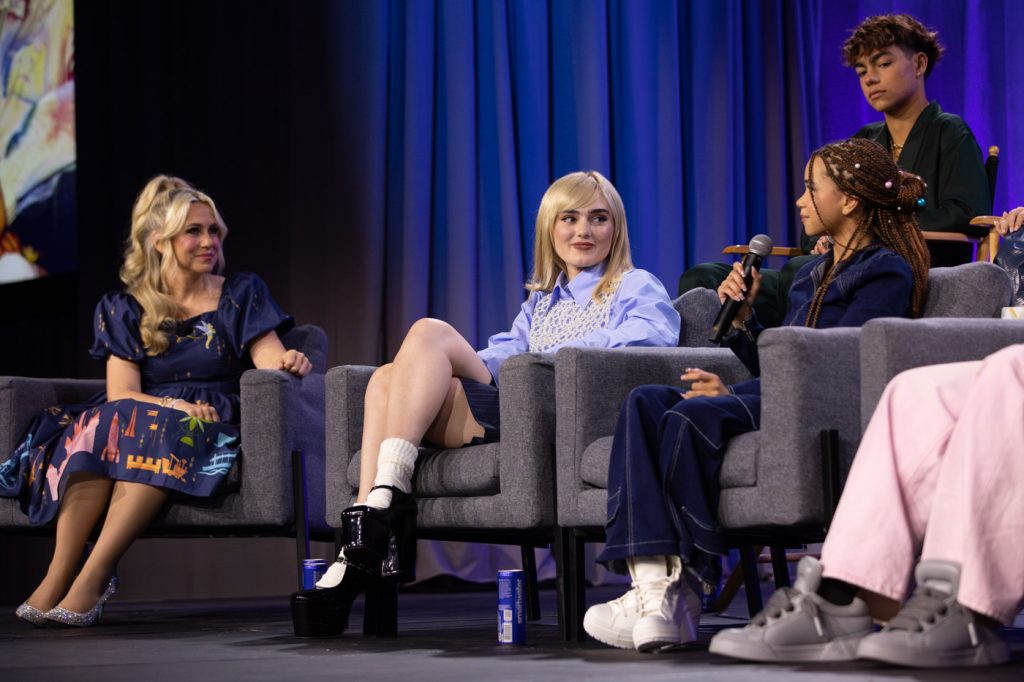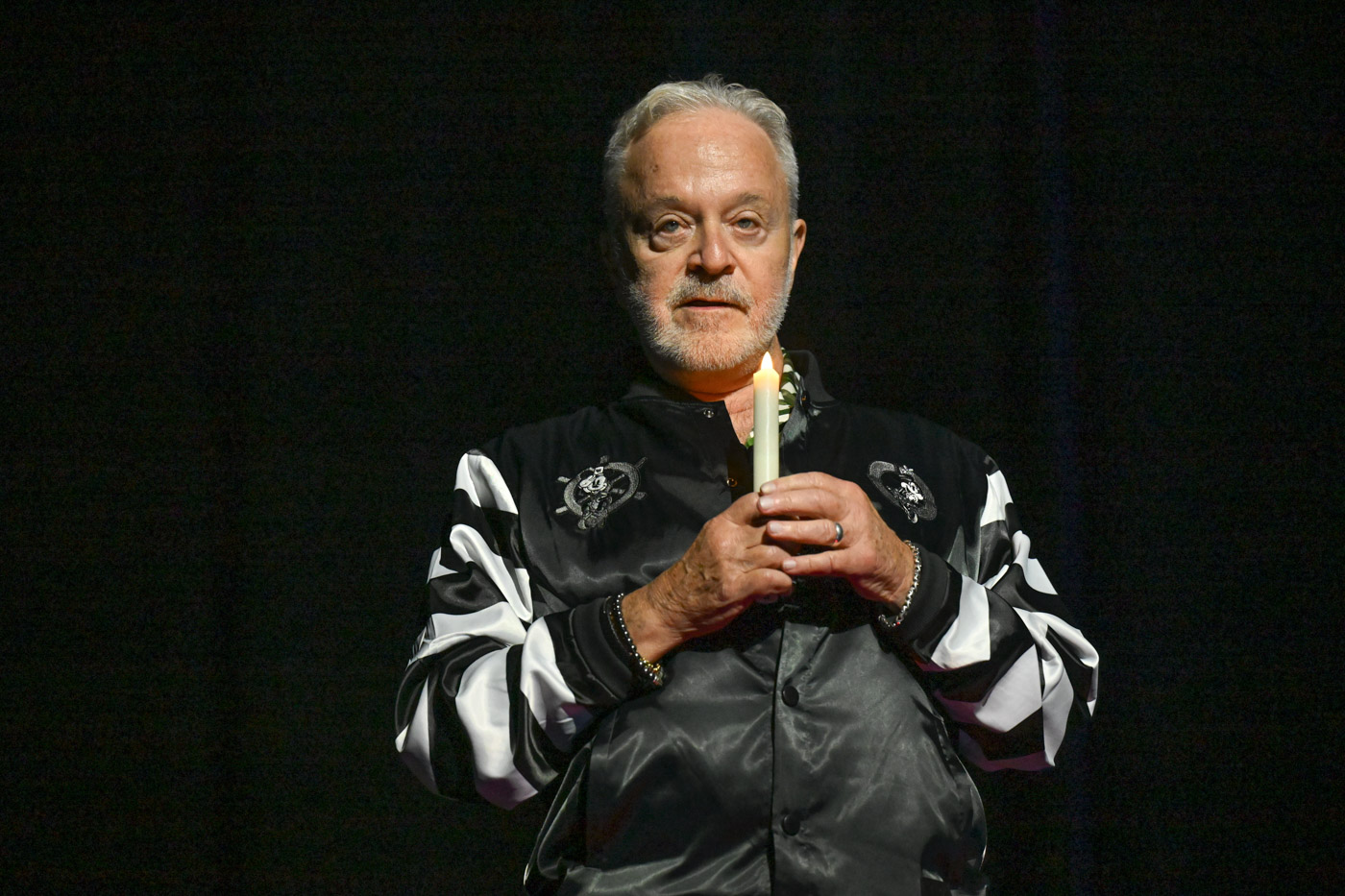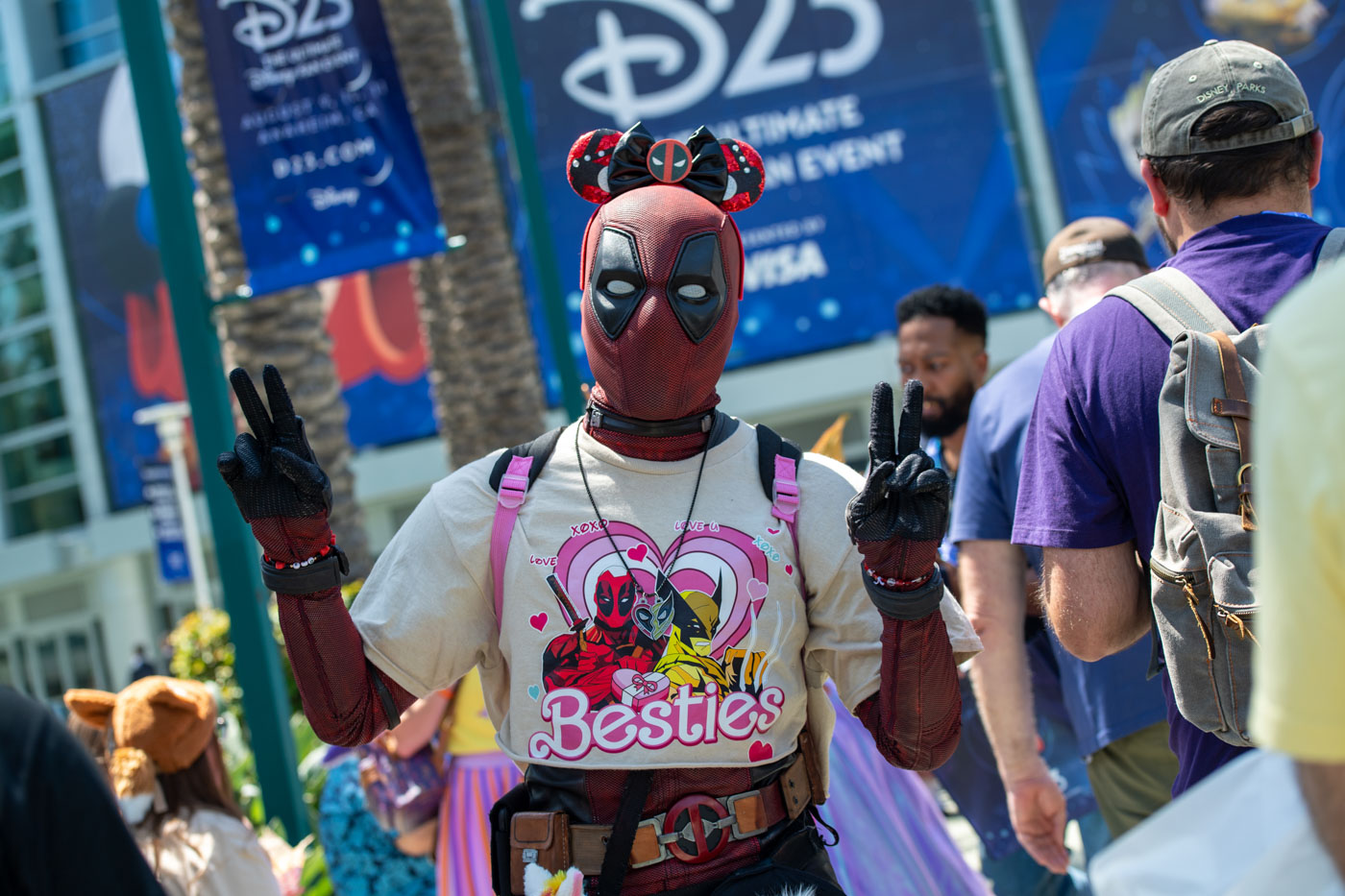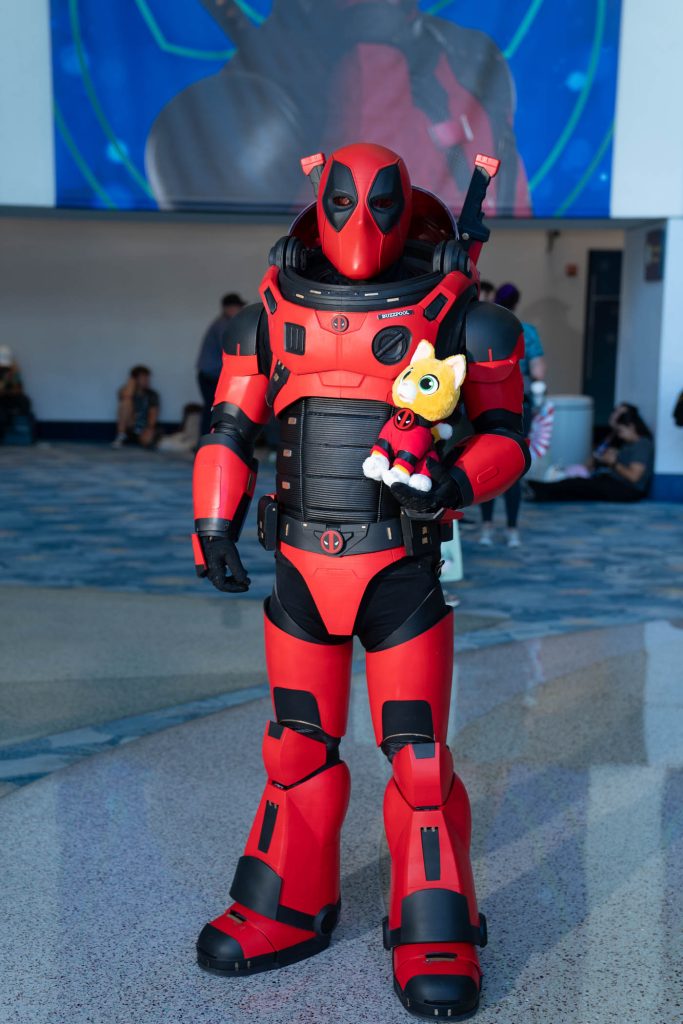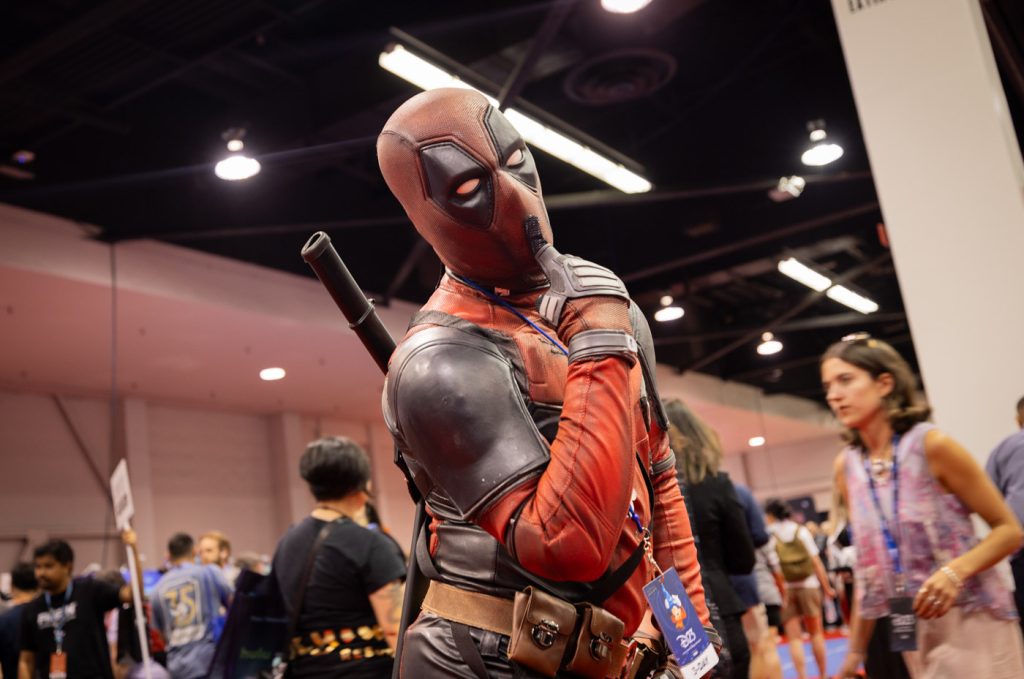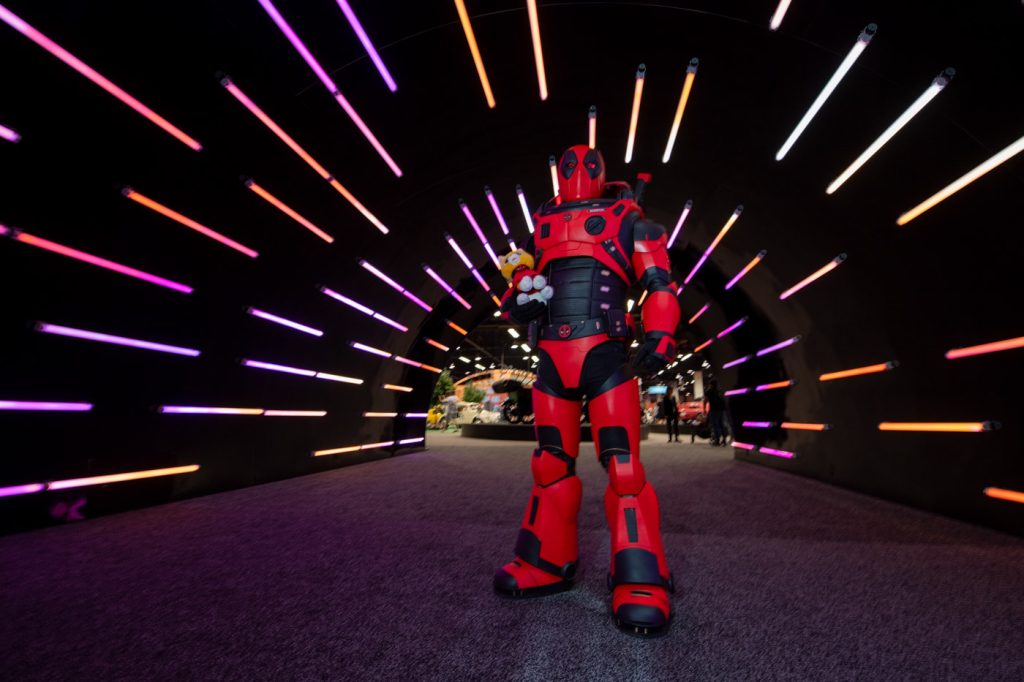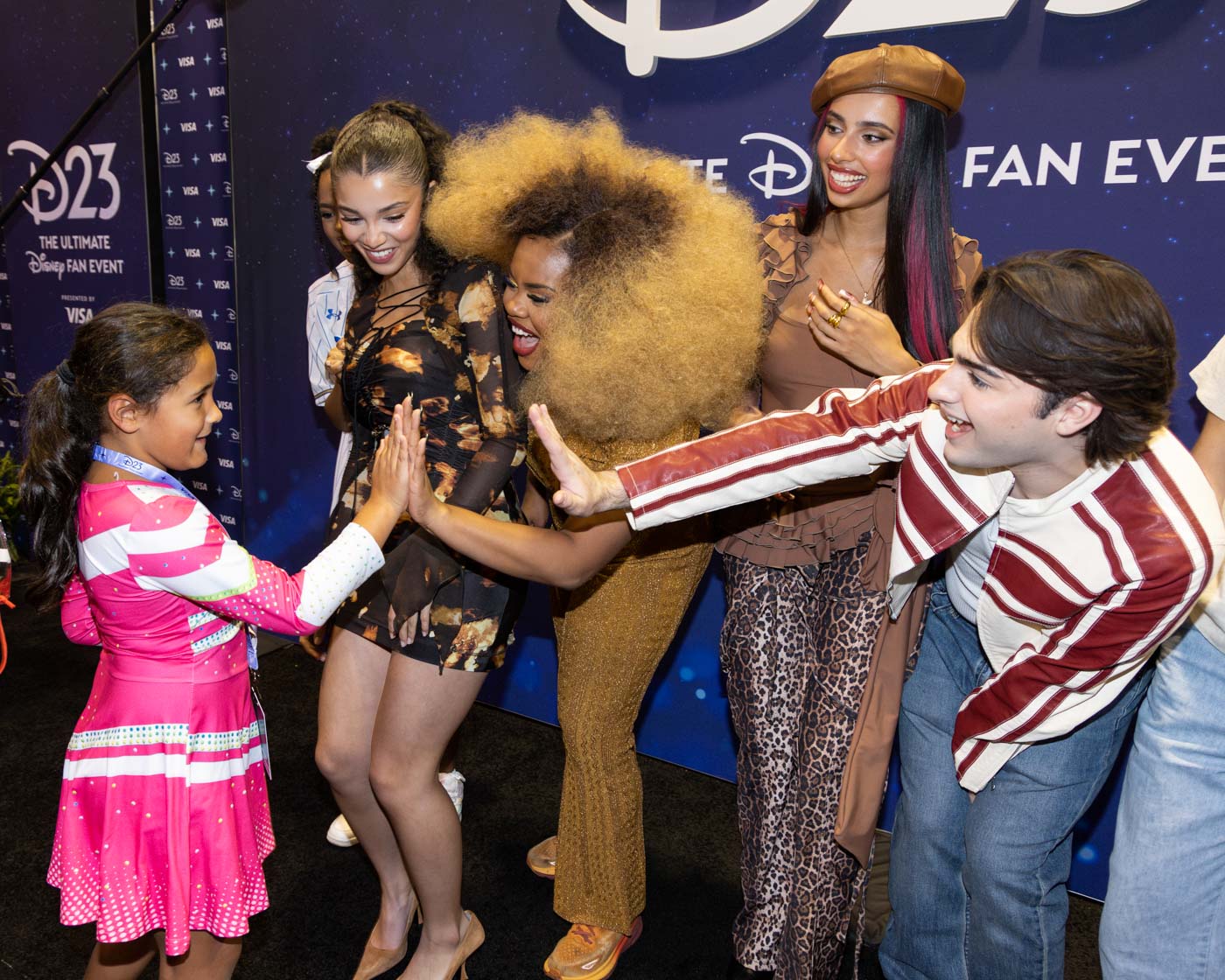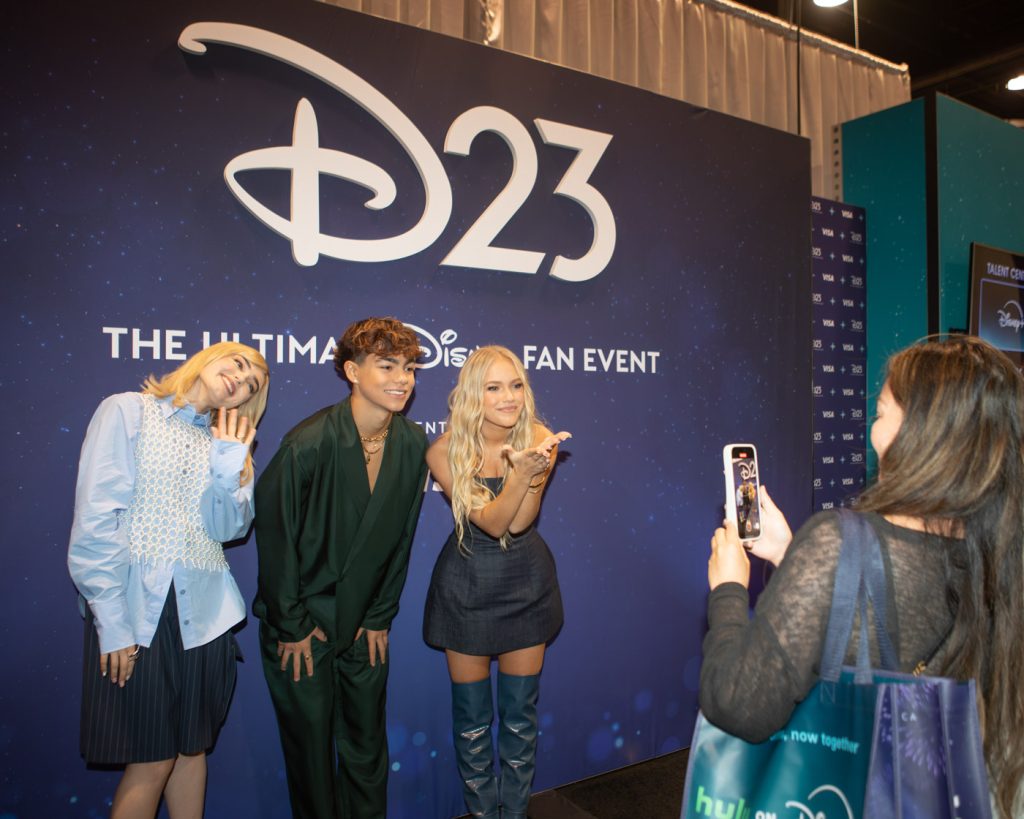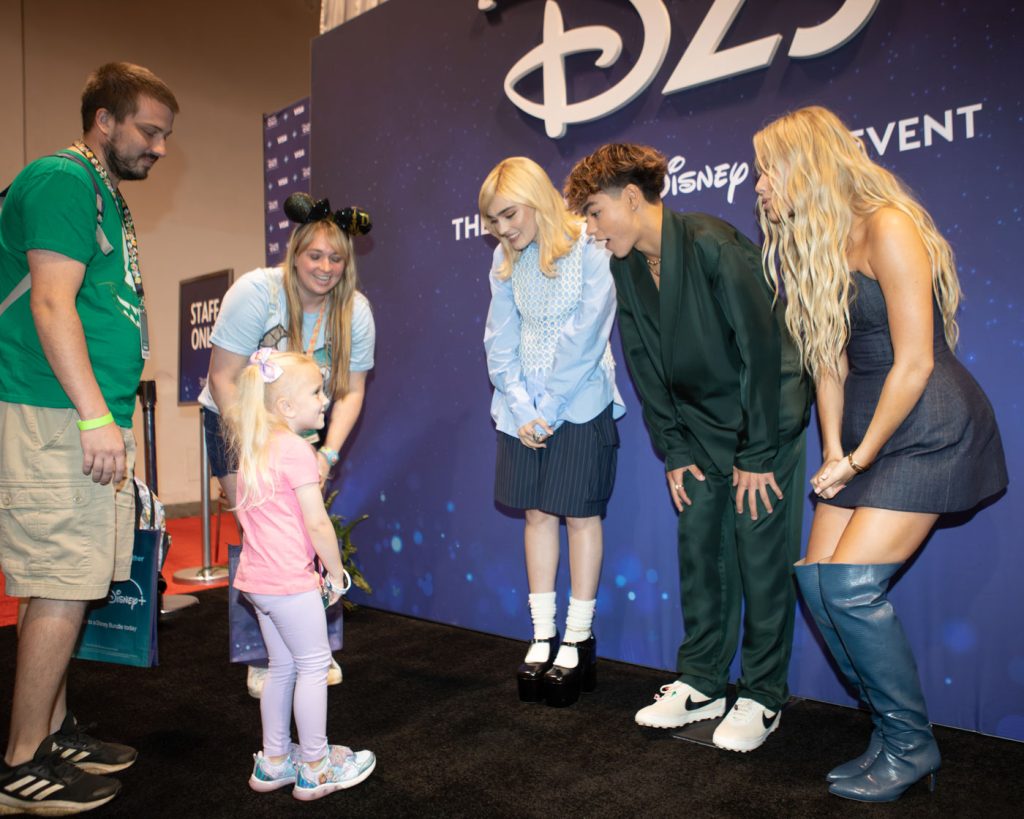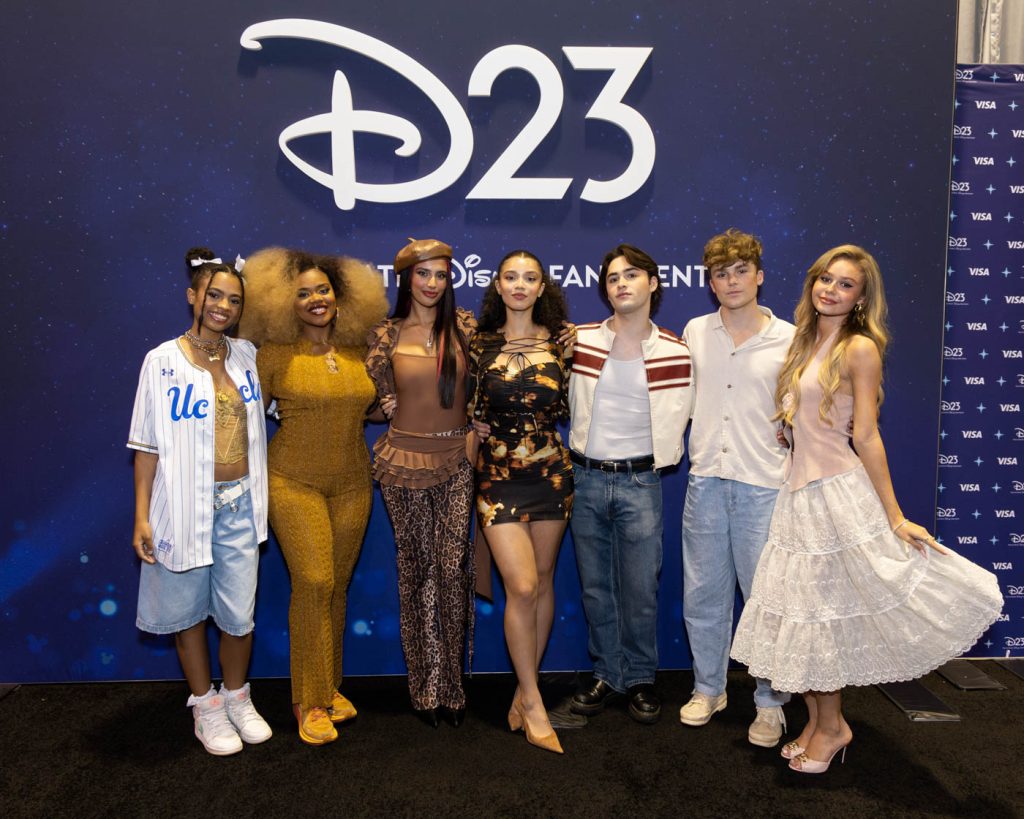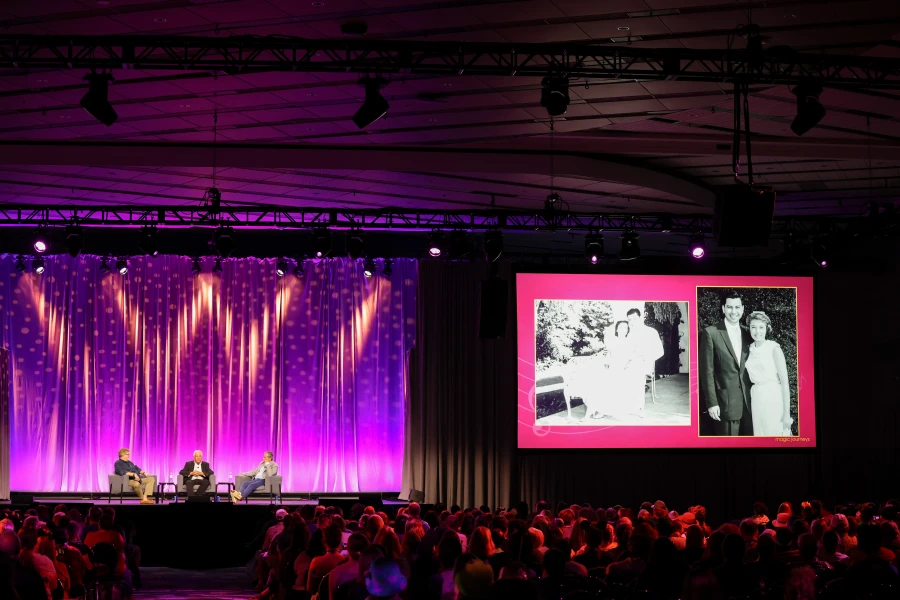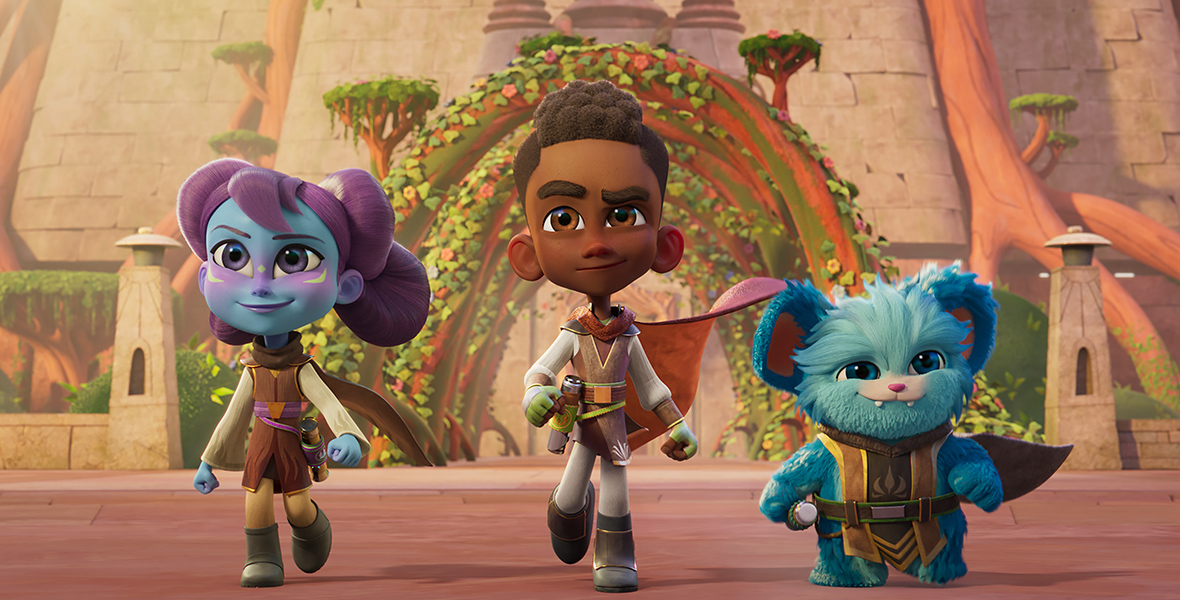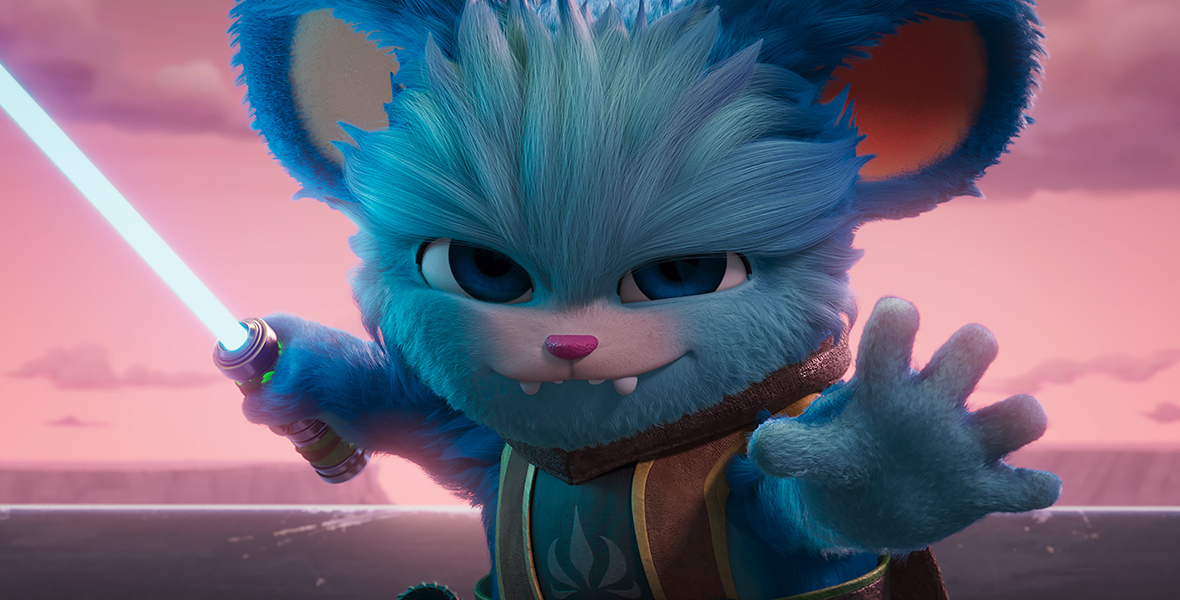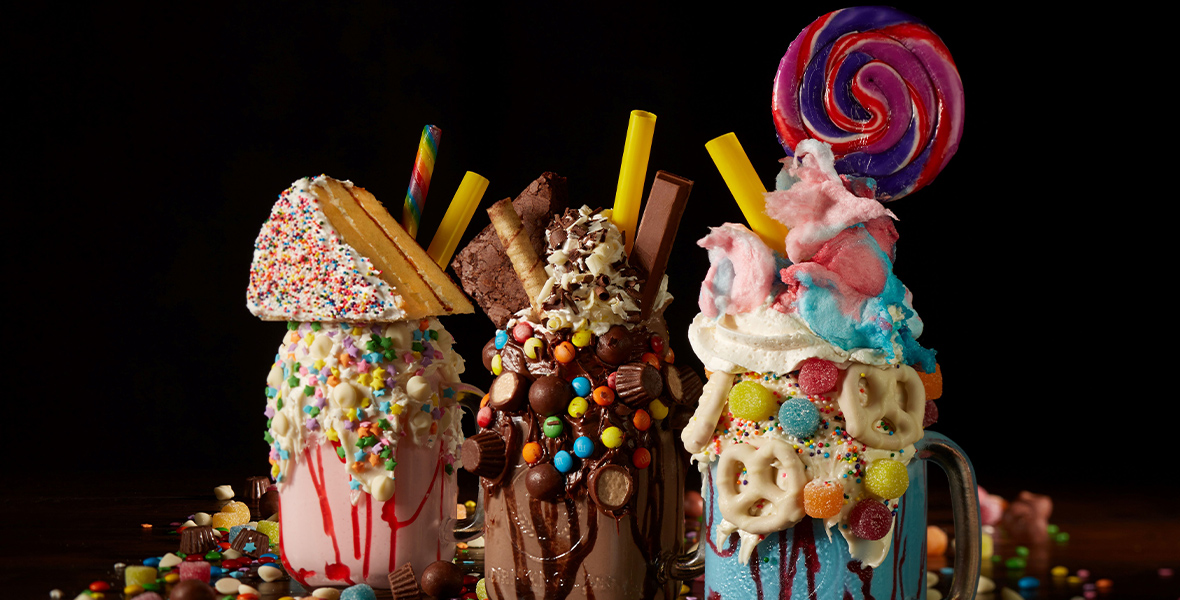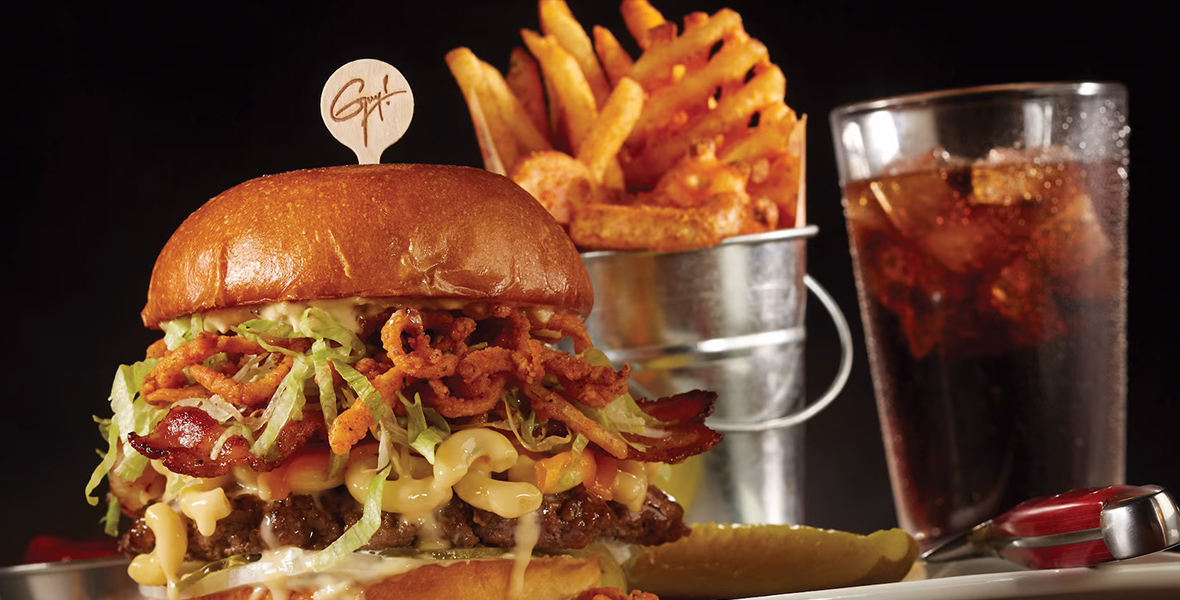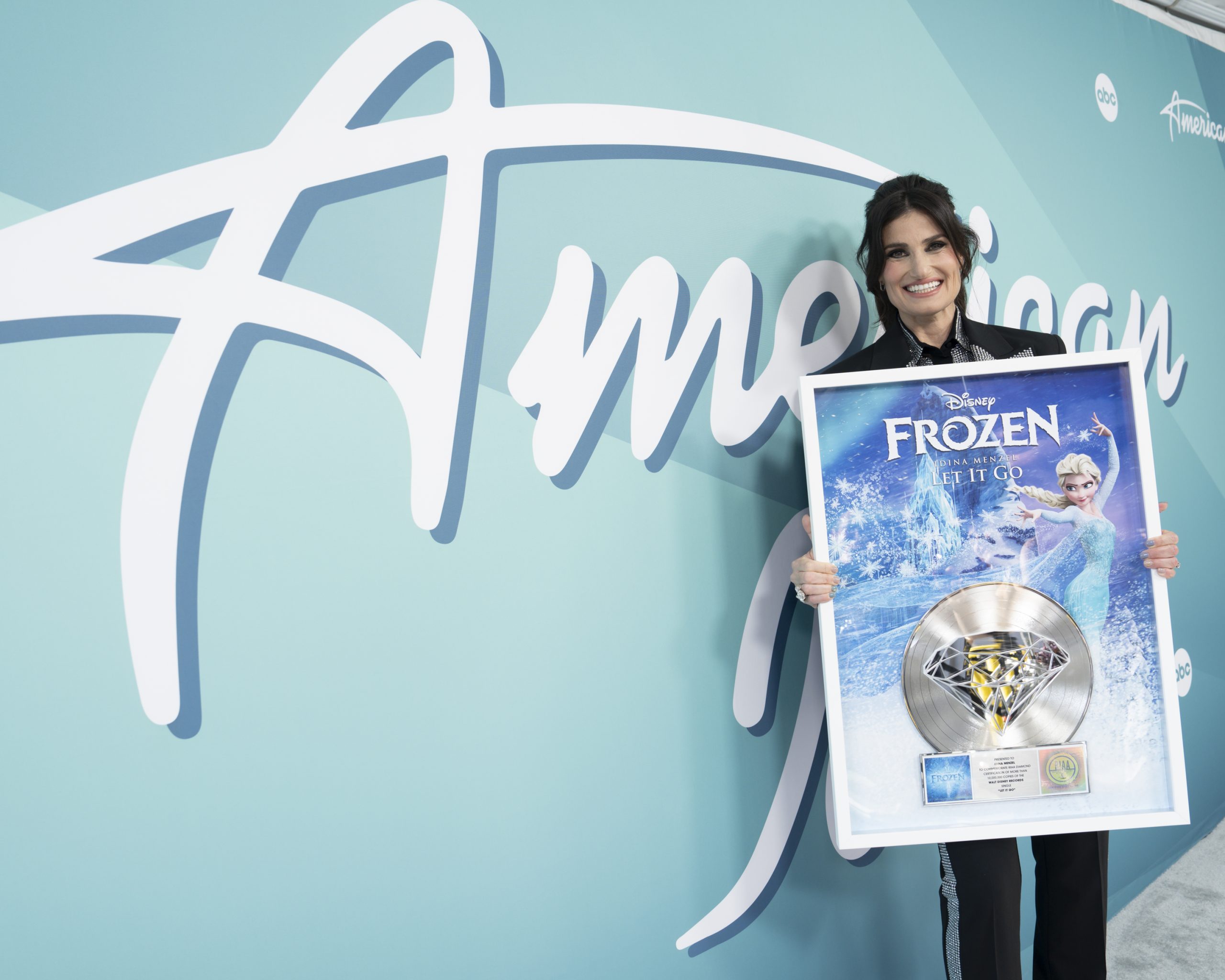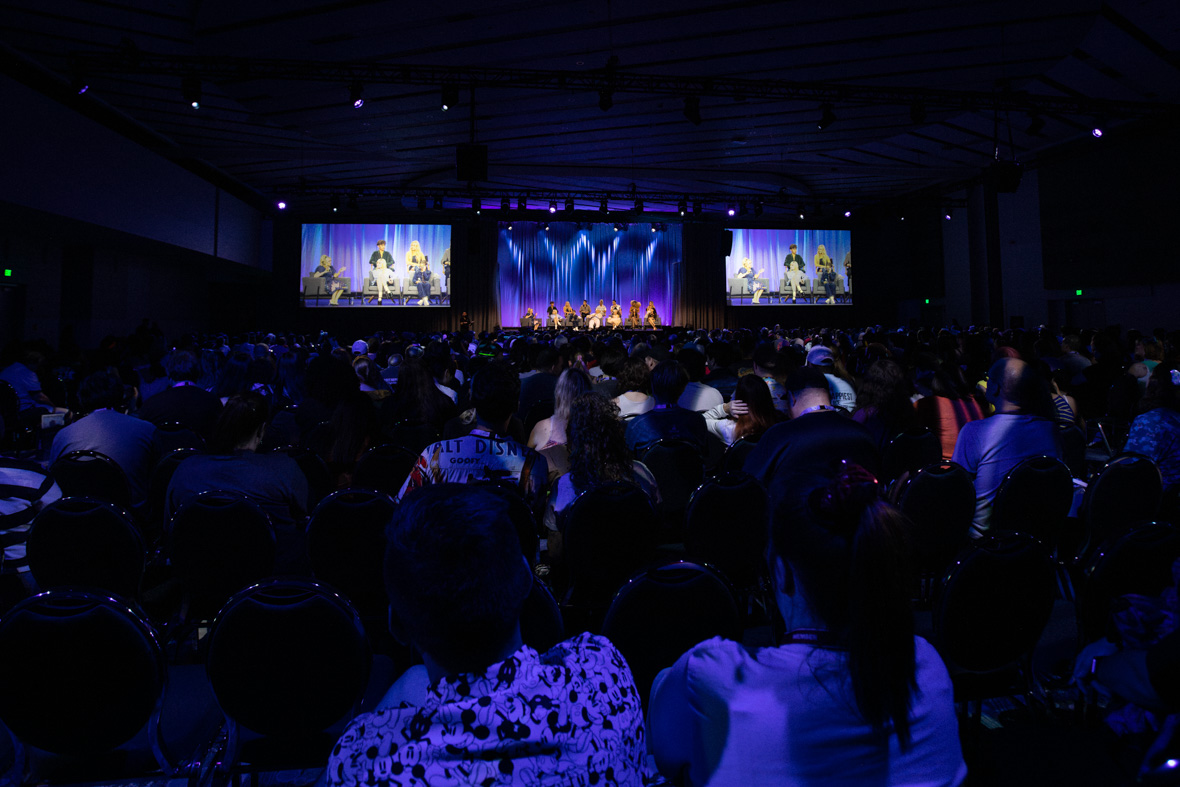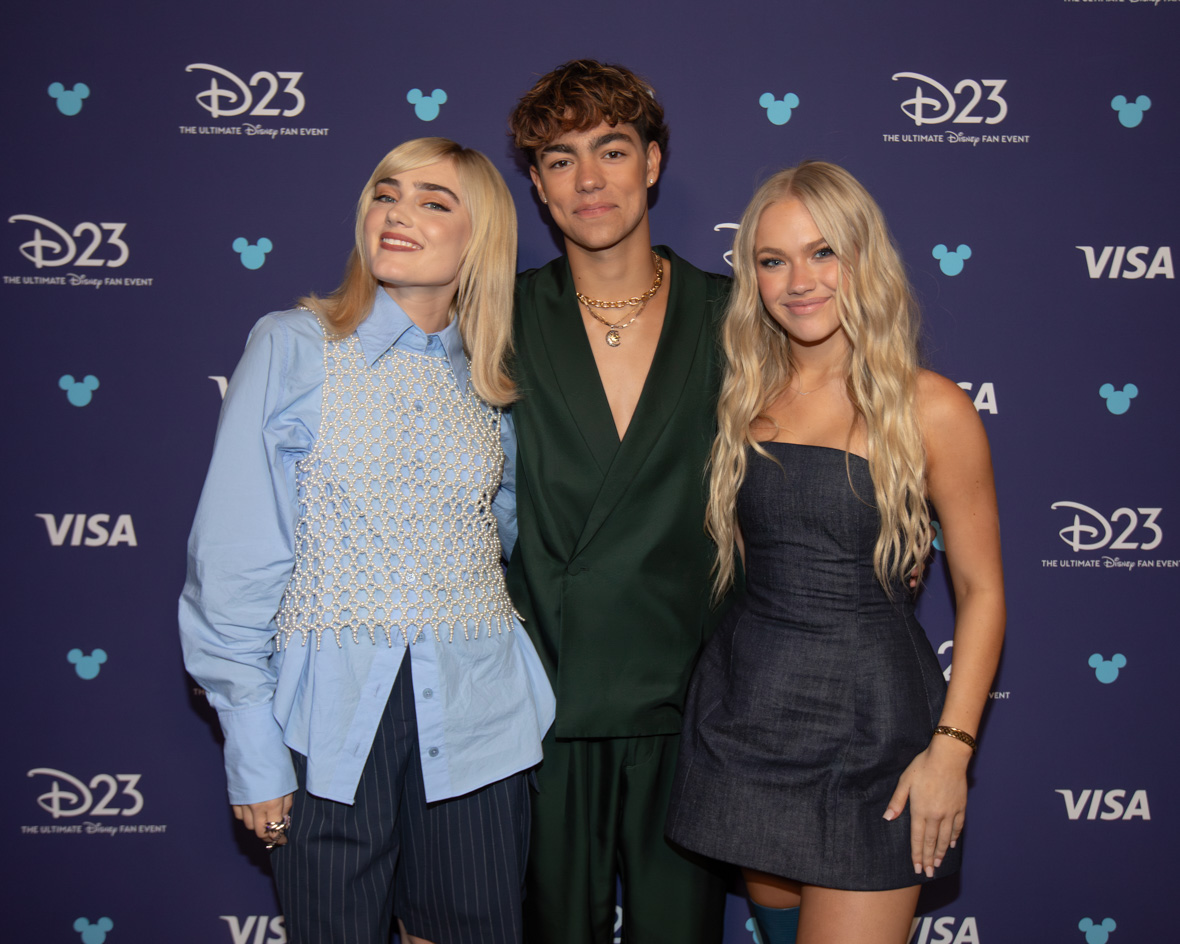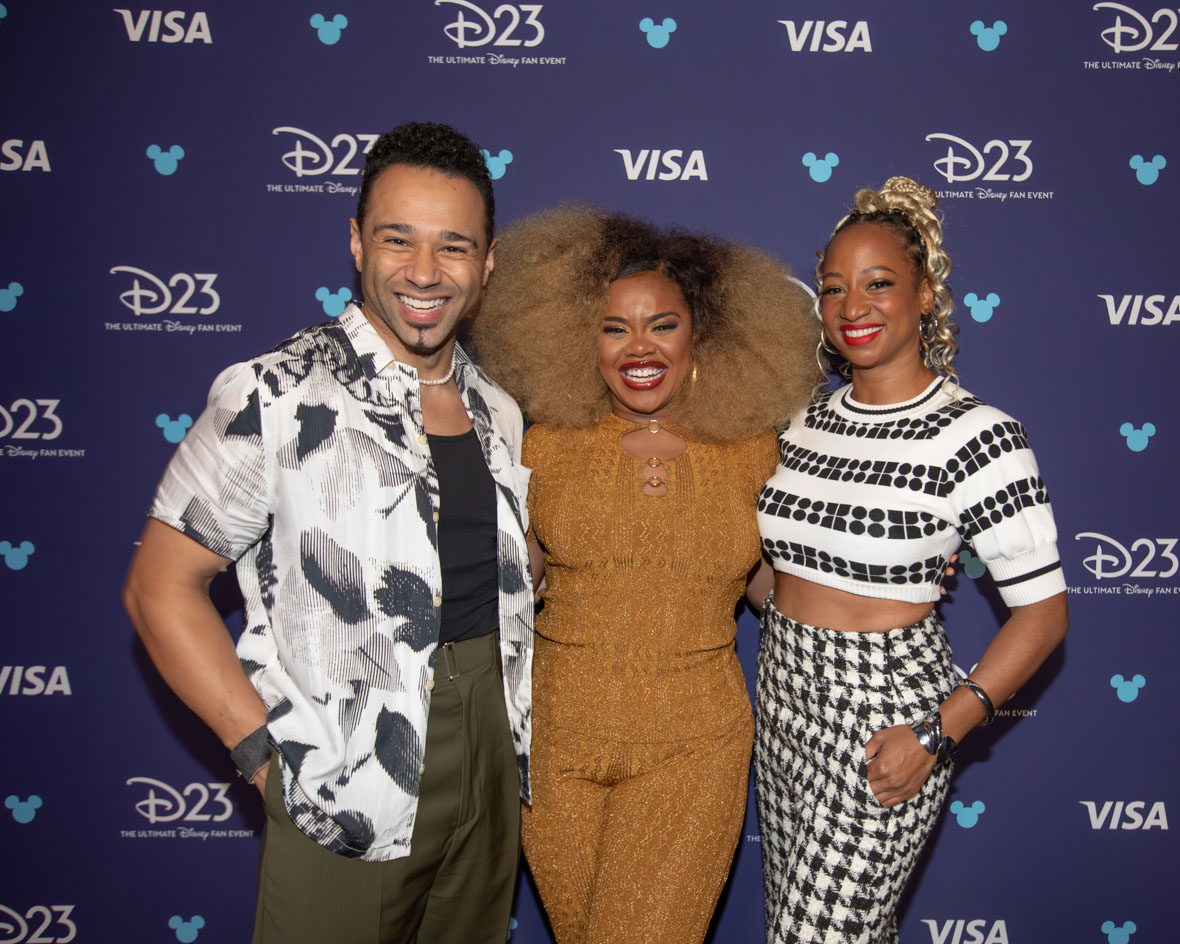By Zach Johnson
The Descendants franchise continues to enchant global audiences, as the most recent installment, Descendants: The Rise of Red, garnered 6.7 million views in its first three days of streaming—making it Disney Branded Television’s most-viewed DCOM premiere ever on Disney+. And, in just four weeks of streaming, it has garnered 20 million views worldwide.
“At Disney Branded Television, it’s our goal to create stories that will resonate with kids and families and help create lifelong Disney fans,” says Ayo Davis, president, Disney Branded Television. “So, we always want to make sure our storytelling is filled with key Disney qualities we know kids love—magic, wonder, adventure, and heart.”
Descendants: The Rise of Red delivers on that front—and then some.
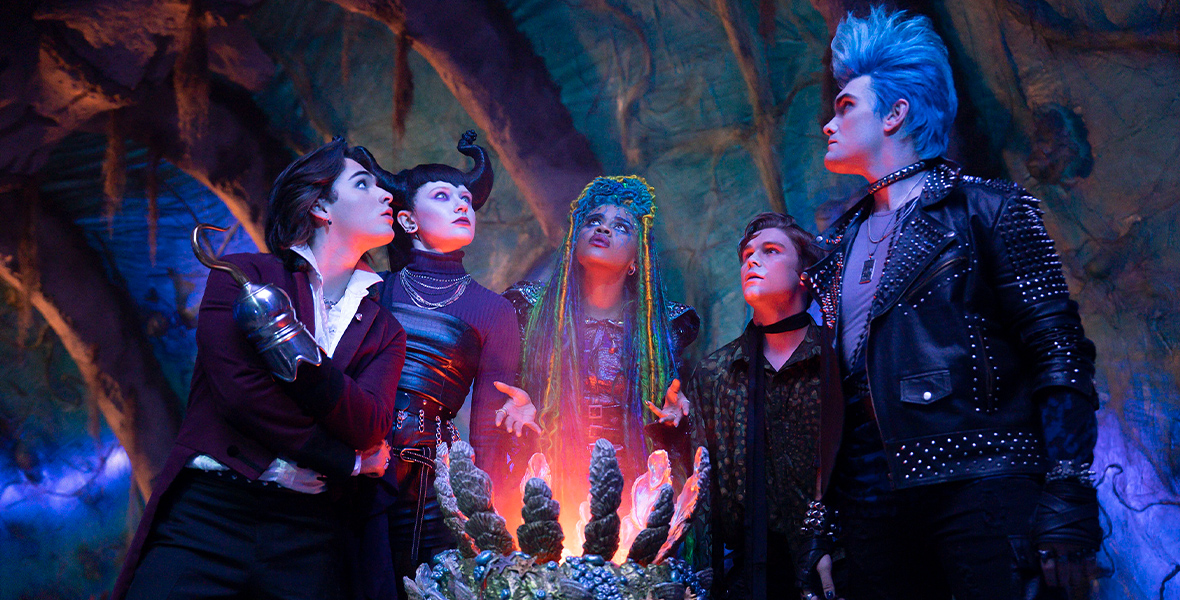
Directed by Jennifer Phang, the fourth film in the franchise stars Kylie Cantrall as Red, Malia Baker as Chloe, Brandy as Cinderella, Rita Ora as the Queen of Hearts, Dara Reneé as Uliana, Ruby Rose Turner as Bridget/Young Queen of Hearts, Morgan Dudley as Ella/Young Cinderella, Joshua Colley as Young Hook, Peder Lindell as Morgie, Grace Narducci as Fay/Young Fairy Godmother, Jeremy Swift as Principal Merlin, Paolo Montalban as King Charming, and Leonardo Nam as Maddox Hatter, with China Anne McClain and Melanie Paxson reprising their respective roles as Uma and Fairy Godmother.
The instant success of Descendants: The Rise of Red—a time-traveling musical adventure that follows Red, the Queen of Hearts’ rebellious daughter, and Chloe, Cinderella’s perfectionist daughter—underscores the continued popularity of the franchise. To date, the original trilogy—Descendants, Descendants 2, and Descendants 3, all directed by Disney Legend Kenny Ortega and starring Dove Cameron, Cameron Boyce, Sofia Carson, and Booboo Stewart—has amassed more than 781 million hours of viewing in the U.S. alone. In addition, each entry was ranked as the most-watched television movie of the year among Kids 6-11 and Tweens 9-14 during their respective premiere years in 2015, 2017, and 2019.
Featuring songs such as “Rotten to the Core,” “Ways to Be Wicked,” and “Good to Be Bad,” each of the first three Descendants soundtracks topped the Billboard Kids Charts and was certified gold by the RIAA®. Before Descendants: The Rise of Red premiered in July, music from the franchise had already received 15 billion audio and video streams and 8 billion TikTok views—so, it came as little surprise that the Descendants: The Rise of Red soundtrack debuted at No. 1 on Billboard Soundtracks Chart and Kid Albums Chart. The song “Red,” performed by Cantrall, has received more than 46 million streams across official channels and earned 1 billion engagements; it has 31 million views on YouTube, with 5 million views in its first weekend of release. In addition, the “Life Is Sweeter” and “What’s My Name” videos received more than 23 million and 16 million views, respectively.
Descendants remains incredibly popular on social media, with its official Disney accounts surpassing 10 million followers across platforms. In July, the #Descendants hashtag garnered 964 million views in the U.S. and 12 billion views globally, and in the last 30 days, the hashtag has inspired 41,000 user posts within the U.S. and over 415,000 posts globally, illustrating fan engagement from an active fanbase.
Where does the Descendants franchise go from here?
In the Q&A below, Davis shares the secret to creating and sustaining its success:
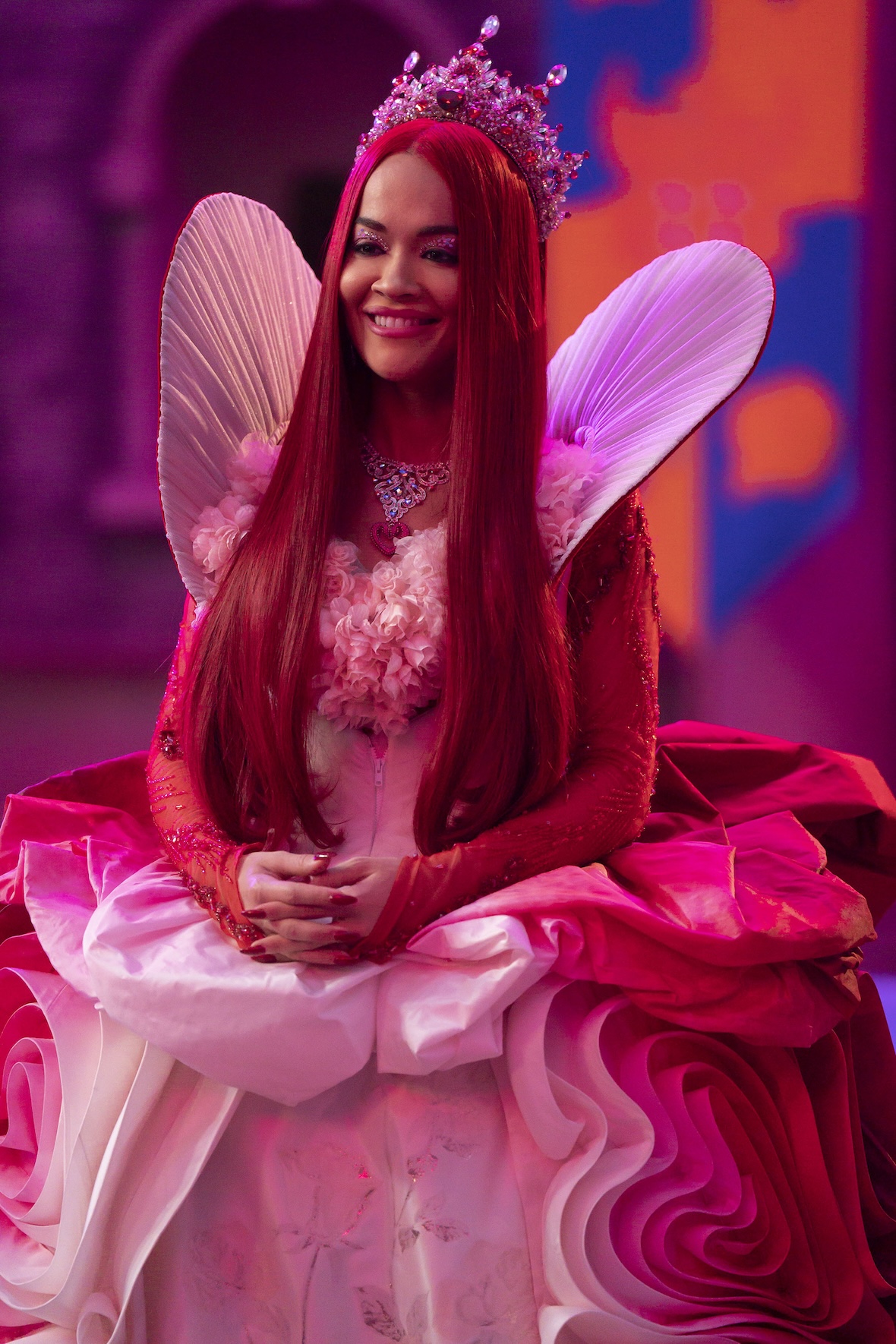
What’s the secret to creating and growing a successful franchise like Descendants?
At Disney Branded Television, it’s our goal to create stories that will resonate with kids and families and help create lifelong Disney fans. So, we always want to make sure our storytelling is filled with key Disney qualities we know kids love—magic, wonder, adventure, and heart. Descendants has been a huge hit for us since the first movie in 2015, as it has all those core elements and more: amazing characters, music, dancing, friendship, and epic world-building. And since the story takes place in the magical world of Disney heroes and villains, the storytelling possibilities are rich and endless, allowing us to continue growing the franchise across content, merch, publishing, games, and beyond.
Two months after Descendants premiered in 2015 came the animated shorts series Descendants: Wicked World, which continued the stories of the original VKs for two seasons and satiated audiences’ appetite until Descendants 2 premiered in 2017. Then, in 2019, Descendants 3 arrived, and in 2021, the original Villain Kids (VKs) got their happy ending in the animated special Descendants: The Royal Wedding. How did you sustain that level of output without sacrificing creativity or quality—and how did each film and series strengthen the franchise?
It’s not about sacrificing creativity or quality; it’s the opposite. It’s actually about finding fun, new creative ways for the franchise to be experienced all year long. For nearly a decade, we’ve made sure fans can celebrate their favorite Descendants characters and stories whenever and however they want to, whether that be dressing up as their favorite villain kid, playing with the dolls, singing along to the soundtracks, reading the tie-in novels, or watching music videos and shorts on YouTube, to name just a few! Ultimately, our goal is to give kids what they love—and that’s to immerse themselves into their favorite Descendants characters and worlds. Each movie, series, story-driven music video, or short we create helps to build out both the lore and the worlds in ways that make fans happy.
Music is a major part of the Descendants franchise. All four soundtracks topped the Billboard Kids Chart, and the first three have been certified gold by the RIAA. How does music help tell each film’s story and develop a deeper connection with Descendants fans?
Music is in the DNA of Disney Branded Television and has fueled the success of many of our hit titles like Hannah Montana, Camp Rock, High School Musical, Descendants, ZOMBIES, and so many more. Our Disney Branded Television live action music team, led by Steve Vincent, as well as our talented friends at Disney Music Group, is truly the best in the business. Music not only helps drive a plot forward—it helps the audience connect emotionally with the characters, and allows fans to relive their favorite parts of the movie over and over again whenever they listen to the songs on repeat watching, or via clips or videos on social. Ultimately, music is about expressing yourself, and our songs and dances give fans more opportunities to do that while connecting with their favorites on and offscreen. It’s so special when we can bring the music to life in front of a live audience— like with the cast’s recent performance at D23. And we just announced an upcoming Descendants/Zombies: Worlds Collide Tour, which we are so excited about!
On the consumer products side, nearly 7 million dolls and 9 million Descendants books have been sold, and Descendants Halloween costumes were among Disney’s top five licensed costumes for seven years (2015-2021). How does Disney Branded Television work with other business units to ensure Disney is finding innovative and unique ways to engage fans?
We have an incredible relationship with our colleagues across the company, from the Franchise team led by Jennifer Rogers Doyle to all the teams at Disney Consumer Products who create our fantastic dolls, costumes, books, and more. We typically start working with these teams two years out from a movie’s release to strategically align and ensure that we are capturing the key characters, story moments, and songs across the full suite of products and experiences. The merchandise is such an important part of making sure that kids and families can immerse themselves in the world of Descendants and experience the story in their daily lives. Fans will be able to dress up as their favorite characters when Halloween rolls around this year (and all year long)!
Casting is a crucial component for any film or series. What stood out about original stars Dove Cameron, Cameron Boyce, Sofia Carson, Booboo Stewart, and China Anne McClain?
While I wasn’t part of the casting process for the first three films, we are so honored to have such a talented group of stars as part of the Descendants family. And we were thrilled to have China Anne McClain reprise her role as Uma in Descendants: The Rise of Red, in addition to introducing a new generation of heroes and villain kids.
Kylie Cantrall, Ruby Rose Turner, and Dara Reneé were part of the Disney family prior to being cast in Descendants: The Rise of Red. Can you talk about the importance of developing talent—especially when, in Kylie’s case, they become the face of a franchise?
We are so fortunate to have the incredibly talented Kylie, Ruby, and Dara as part of our Disney family. Casting is integral to our process, as we are looking for multi-hyphenates who act, sing, and dance, since these traits are key to the storytelling of our music-driven franchises. And at Disney Branded Television, we are particularly invested in the success and wellbeing of our talent. So, while we are always looking to cast new up-and-coming talent, we also make an effort to develop current talent and give them opportunities to grow and shine. You can see examples of this across our shows—from Raven-Symoné, who has an overall deal with us to create more projects, to Meg Donnelly and Milo Manheim from our ZOMBIES franchise, who are executive producers on the upcoming ZOMBIES 4.
When did you decide to proceed with a fourth Descendants film—and did seeing the audience’s reaction to its first casting announcement at D23 Expo in 2022 reaffirm your belief in it?
When we announced the greenlight for Descendants: The Rise of Red at D23 Expo in 2022, it was truly reaffirming to see how fans embraced the news and also wanted the franchise to continue—because it’s an important one to the company, to fans, and to us personally. We just needed to make sure we had the right elements: a good story, the right characters, and the right cast. And judging from the response, we were able to accomplish just that.
Each movie in the original Descendants trilogy premiered on Disney Channel, but Descendants: The Rise of Redpremiered on Disney+. How has streaming helped Disney Branded Television meet Descendants fans where they’re at—and do so on a global scale?
For all our content, we want to make sure we are bringing fans the Disney storytelling they love wherever they are. For Descendants: The Rise of Red, it was exciting to premiere the movie on Disney+ for kids and families around the world to watch together, and we were also thrilled to have it premiere on Disney Channel, so that fans could watch it there as well.
Descendants: The Rise of Red stands on its own, but it’s still part of the mega-popular Descendants film franchise. How did a new cast and platform shift your marketing strategy?
The marketing and PR around the new movie was firing on all cylinders from the beginning. The team did such a great job of leaning into the catchy music, great new costumes and characters, as well as the legacy of the franchise, to appeal to both longtime Descendants fans and brand new viewers. They brought the new movie directly to where this new generation of fans is, from performances and panels at VidCon and D23, to influencer-driven dance partnerships, and much more. And our cast was amazing and generated lots of excitement. For example, Kylie Cantrall dyed her hair red, posted lots of dance videos, and engaged with her fans on social.
When you think of the Descendants franchise, what are you most proud of?
It’s hard to choose, but having the ability to re-launch the franchise with a new story, new characters, and a new set of talent. Our Descendants talent is amazing and has connected with generations of fans by truly embodying their characters and putting their heart and soul into their performances. We have had iconic stars like Kristen Chenoweth and now Rita Ora and Brandy, and next-generation talent like Dove and Sofia, and now Kylie and Malia—to name just a few! From singing, to dancing, to acting, they are such stars, and they have cemented their place in the hearts of fans all over the world.
What does the future of the Descendants franchise look like?
In the near-term, we are making sure that fans can continue to immerse themselves in the world of Descendants: The Rise of Red beyond the movie, including around the holidays. And while I can’t announce anything else, I can say that Disney Branded Television is invested in creating hit franchises and continuing to bring fans the iconic characters and stories that they love. For example, we are currently working on our next movie in the ZOMBIES franchise—set to air next year—and it’s got such an amazing cast, and the music is fantastic.



